

PEJLING Fall 2025
The career guide that guides you to your dream job.
Welcome to Pejling
Welcome to the final catalog edition of Pejling – the Pejling Spring 2025 edition! This catalog is designed to showcase the exciting career paths you can explore, whether you’re a recent graduate or still studying. Pejling keeps you informed about the latest trends in the job market and opens up great opportunities to connect with industry leaders and experts.
In the future, Pejling will evolve into a platform called Pejling.studerende.dk, where you’ll be able to quickly identify companies that are most relevant to you through our filtering options, so you’ll always have a valuable career resource at your fingertips. In this edition, you’ll find articles, practical advice, and insights from career experts, as well as company profiles to help you improve your applications and CVs. Additionally, there’s a list of companies actively looking for profiles like yours. Pejling is a resource designed to open doors and support your ambitions. Enjoy reading, and best of luck with your next career move!
Best regards, Your Pejling Team



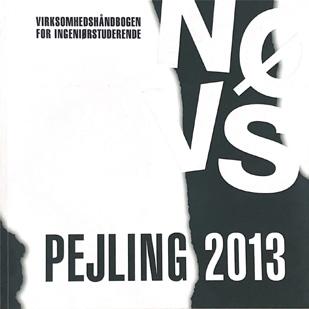






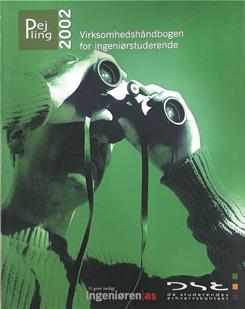

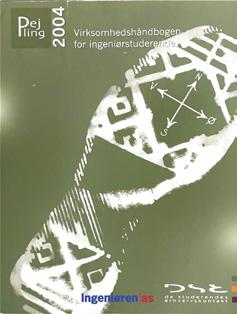
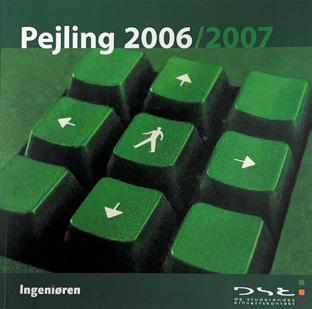
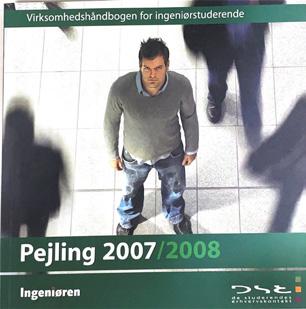

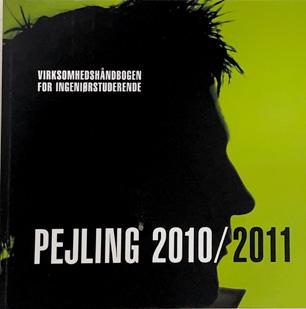
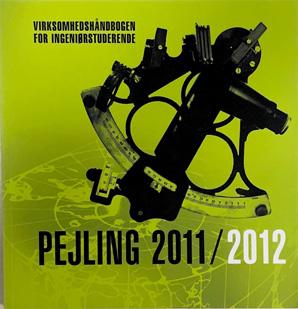
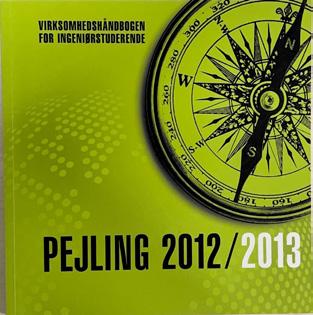

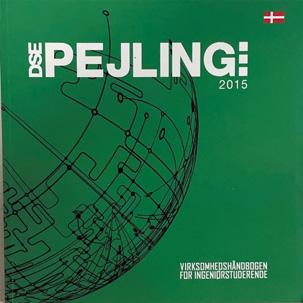




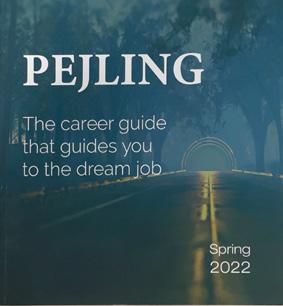
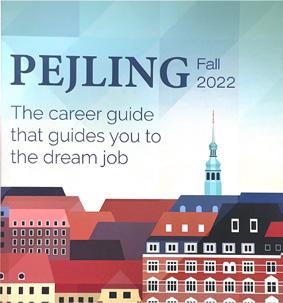
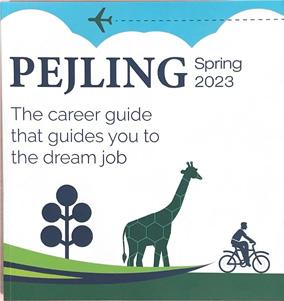
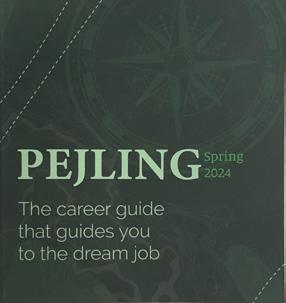
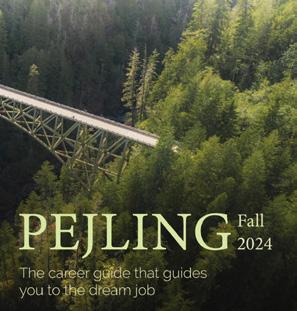



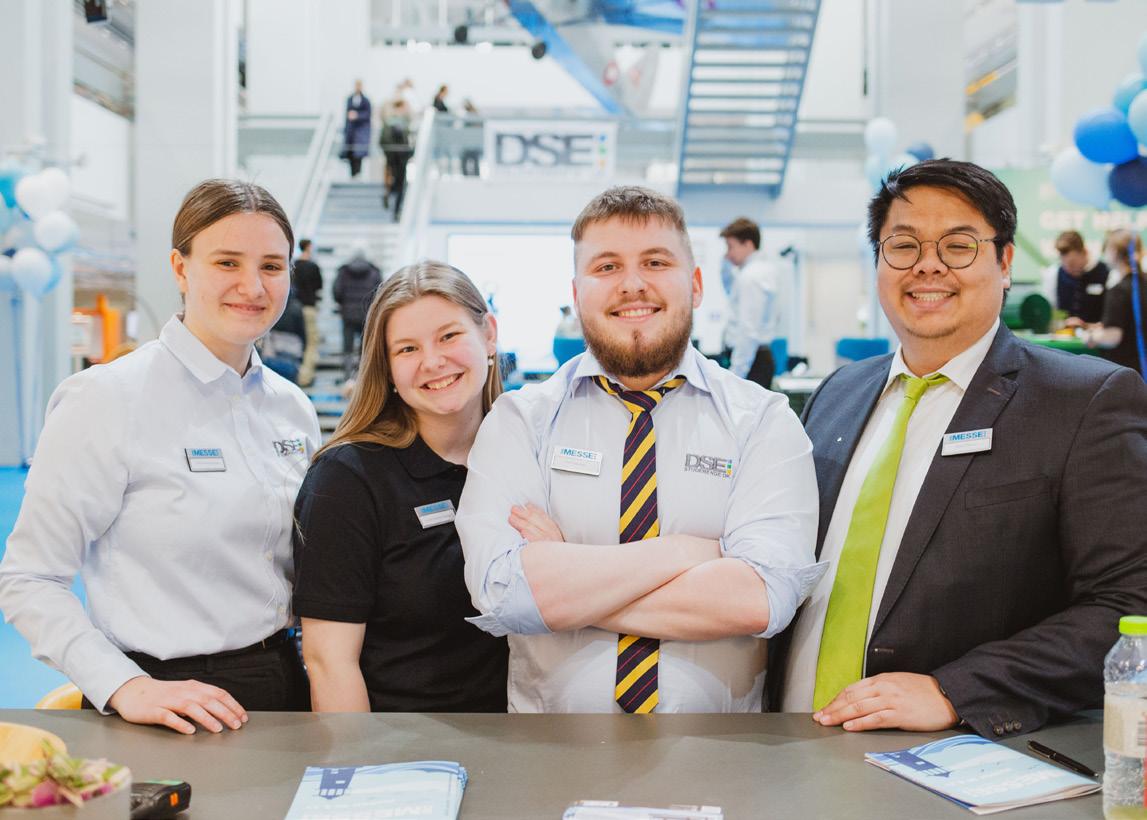
BUILDING CONNECTIONS BETWEEN STUDENTS AND COMPANIES
De Studerendes Erhvervskontakt (DSE), or Students’ Business Relations in English, has been fostering connections between students and companies since 1989. Entirely volunteer-driven, DSE is powered by students dedicated to helping their peers kick-start successful careers by bridging the gap between education and industry.
OFFICES
Aalborg
AAU: Fibigerstræde 15, Room 1.111
Ballerup
DTU Ballerup: Room D2.82
Lyngby
DTU Lyngby: Building 101E at the student hall on the first floor on the left.
LOCATIONS
Aalborg
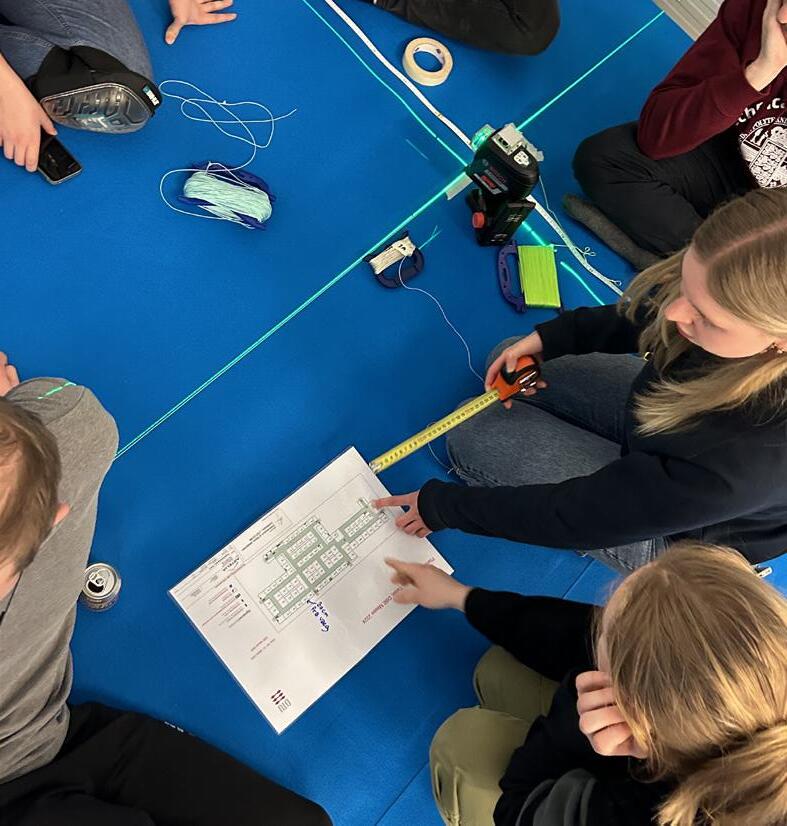
VOLUNTEERING
Our volunteers come from diverse fields of study, creating a dynamic environment where we learn not just from our roles, but also from collaborating with people of various backgrounds.
Lyngby Ballerup
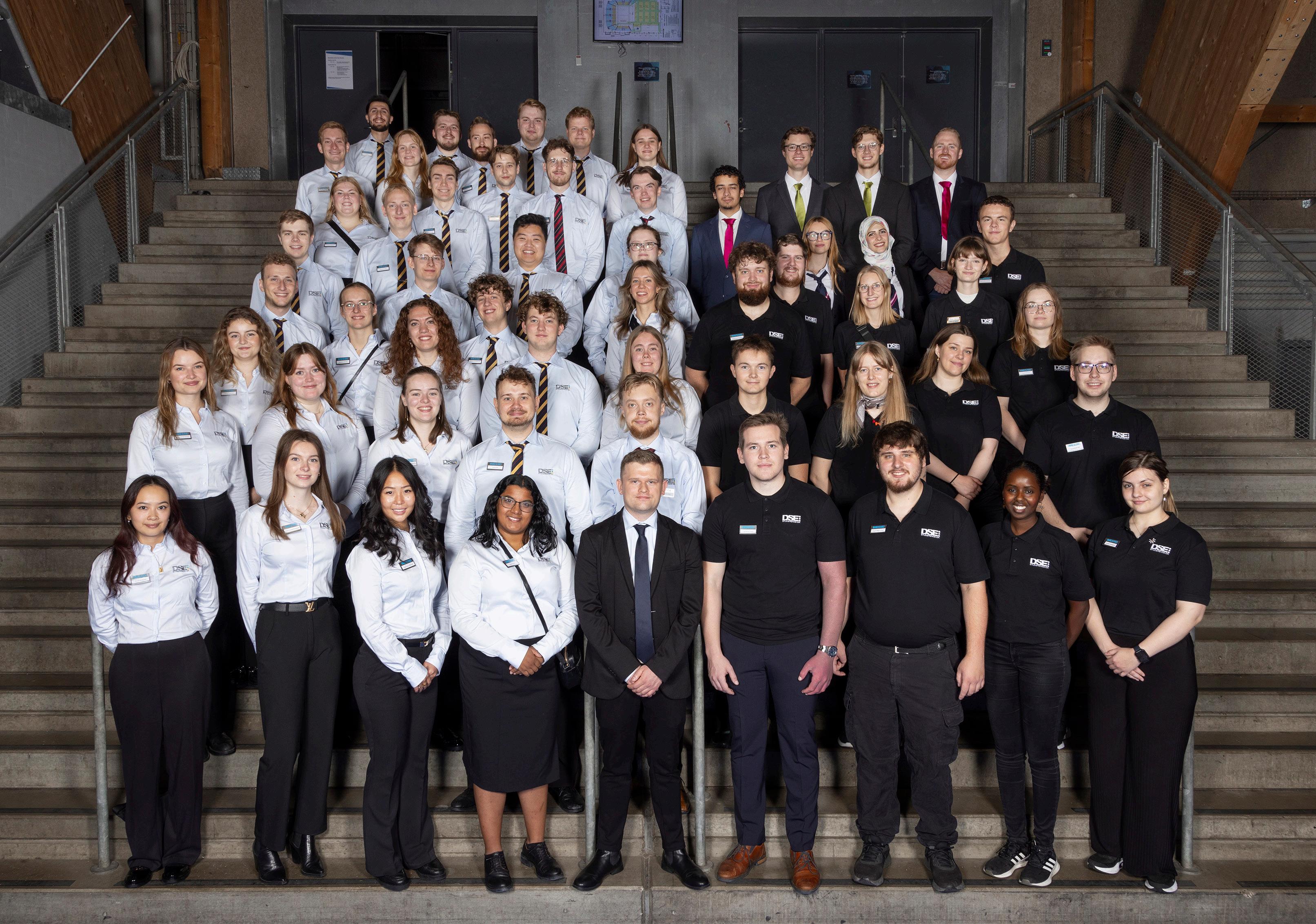
WANT TO LEARN MORE
If you’re curious about DSE or have any questions, we’d love to hear from you! Whether you're interested in getting involved, learning more about what we do, or just want to explore opportunities, feel free to drop by one of our offices for a chat. Our friendly team is always ready to help! You can also visit our website at studerende.dk for more information about our events, resources, and how to join. We’re here to support your journey and help you make the most of your student experience—come say hello!
MEET SOME OF THE VOLUNTEERS AT DSE

Amanda Jirjis-Kofoed (DAK)
CBS, Frederiksberg Business Administration and Innovation in Health Care Member since 2023


“I joined DSE just before the 2023 Lyngby fair and have already built many new connections, both in Lyngby and Aalborg. Being part of DSE is highly rewarding, both personally and professionally, as I’ve gained new skills in communication, design, project management, and networking.”


Søren Christensen (RIS)
AAU, Aalborg Computer Technology Member since 2022
“Being part of DSE has greatly boosted my personal and professional growth. I’ve gained leadership, IT, and event coordination skills beyond classroom learning. Collaborating with driven people and gaining real-world insights has been invaluable. If you want to expand your network, sharpen your skills, and make lasting friends, DSE is the place to start!”
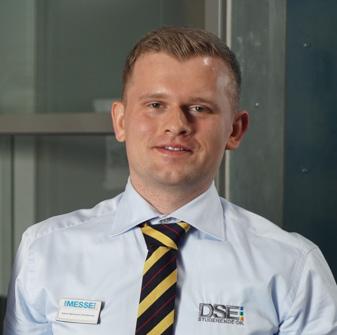





Mathias Brahe (BRA)
DTU, Lyngby Computer Science and Engineering Member since 2022
“DSE has taught me many skills which I, for one, would never have thought possible to learn while studying, but most importantly, skills that cannot be taught by reading a book. DSE gives you professional competencies, as well as important connections, which you will definitely need later in your work life; join us!”


Anne Louise Olsen (ALO)



AAU, Aalborg Chemical Engineering Member since 2023
“DSE has both expanded my network and provided me with a valuable place to learn, thereby contributing to my development both professionally and personally. Through my work in the organization, I have gained skills such as sales experience, project management, contract negotiation, and obtaining quotes from companies.”







Mads B Nielsen (NBN)
AAU, Aalborg Economics and business administration Member since 2022
“Coming from a business background, joining DSE has been incredibly rewarding. I’ve applied my marketing skills in real-world scenarios while gaining experience in project management and communication. It’s a great way to build your network, enhance your skills, and gain practical experience beyond the classroom.”
Katrine





Kongsted (KAT)
DTU, Lyngby
Pharmaceutical design and engineering Member since 2021


“DSE has given me a great expanded social and professional network. My work in the organization has enriched me with many additional skills to complement my education, such as project management, sales training, board management and design, planning and execution of promotional strategies.”

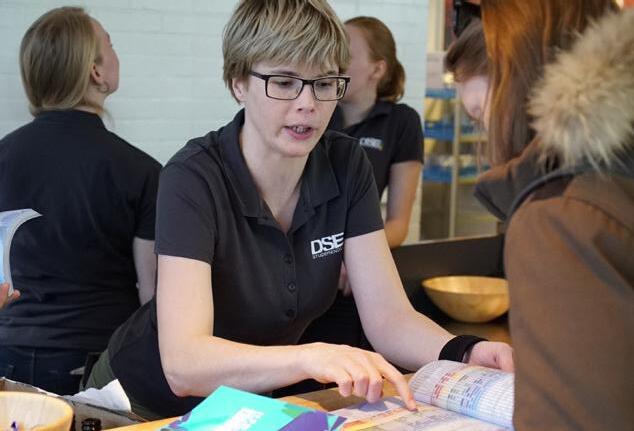

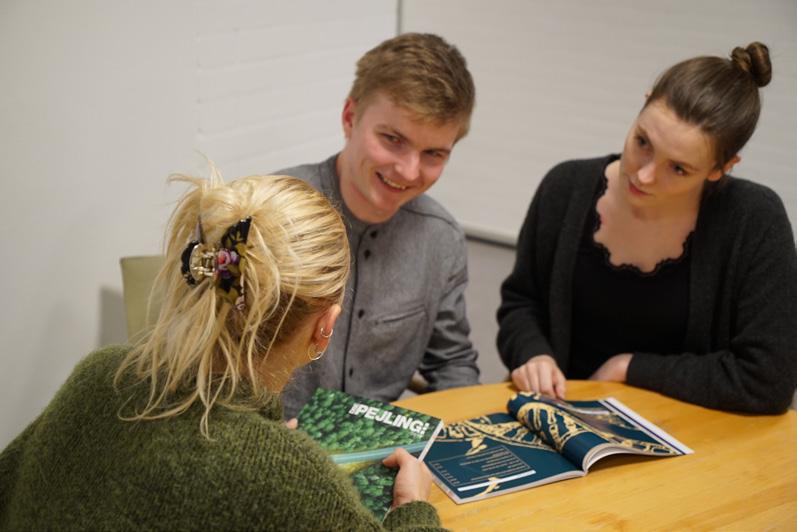

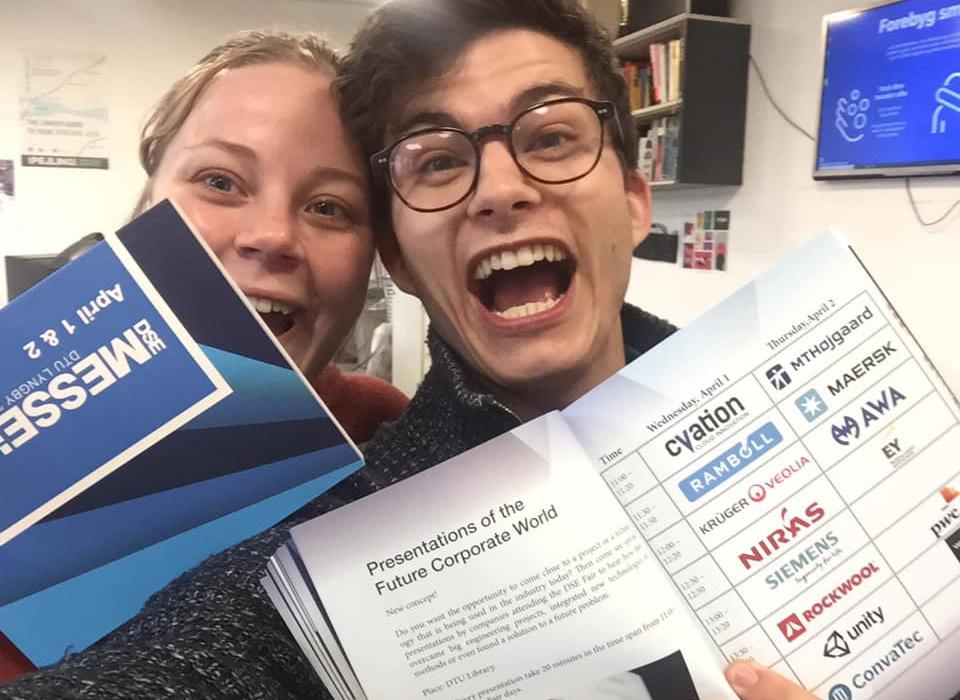

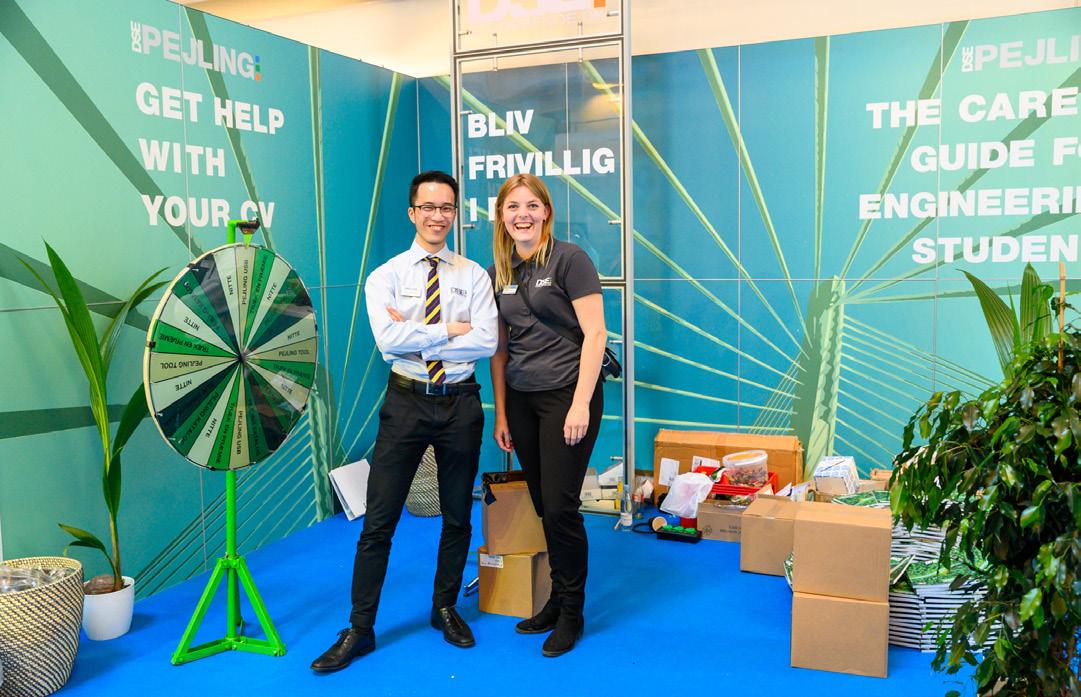

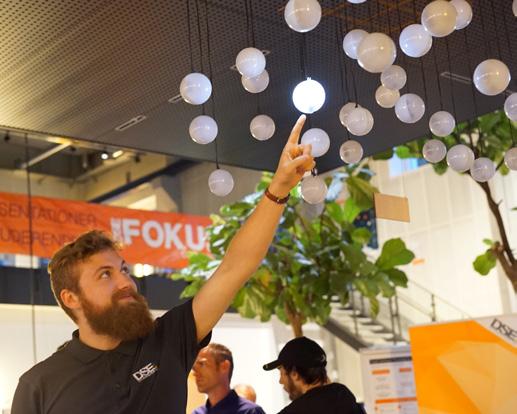

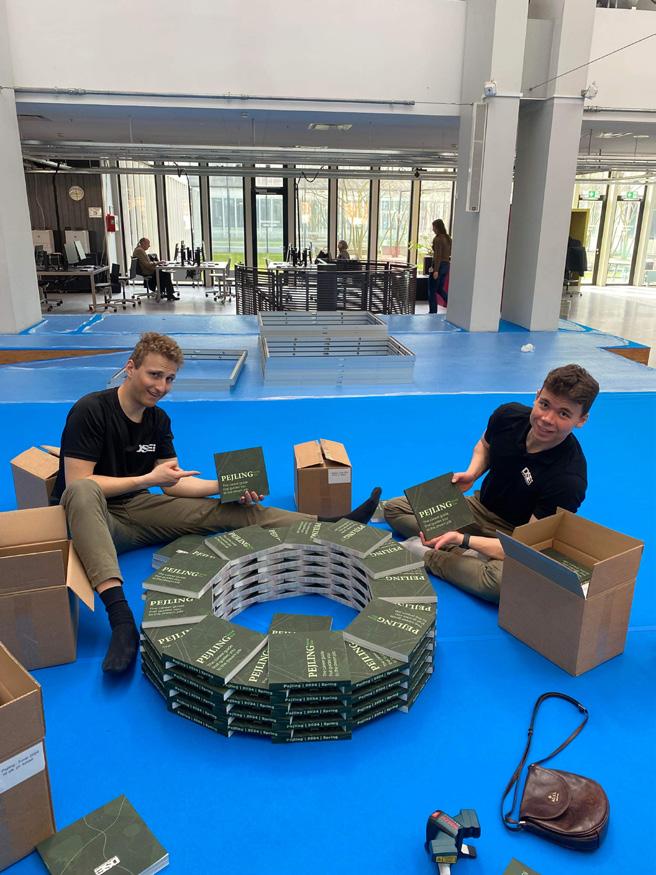

Are you curious about DSE, but not quite ready to commit long term?
Volunteer for the Fairs!
Becoming a member of DSE might feel like a big step, but there’s no better way to get a taste of the experience than by volunteering at our Job Fairs. Whether in Lyngby or Aalborg, you’ll take on the role of Messe-assistent, or Fair Assistant. Here’s how it works: in exchange for your time and effort, we give you an immersive, hands-on introduction to the life of a DSE member.
Over three action-packed days, you’ll be at the heart of the fair—setting up booths, directing truck drivers, brewing gallons of coffee, answering questions from students and companies, managing merch, and helping us break everything down afterward. And of course, we top it all off with a fantastic party to celebrate a job well done!
In return, you’ll have exclusive opportunities to network with companies in a way that goes beyond the typical guest experience. You’ll also be invited to the exclusive Fair Dinner after the first day and well taken care of with food throughout the event.
Becoming a Member
Volunteering with DSE isn’t just about helping out—it’s a fantastic way to boost your resume and stand out from the crowd. As a member, you’ll have the chance to develop new skills or sharpen the ones you already have.
We’re an independent, apolitical, nonprofit organization run by students. Our mission is simple: to create meaningful connections between technical students and the industries that need them. You probably know us from events like the DSE Fair, or the Pejling catalog, but DSE offers so much more. Joining DSE opens up a strong network of students across different fields and universities, along with direct access to industry contacts that can help shape your future.
If you want to learn more, drop by our offices in Aalborg, Lyngby, or Ballerup - or follow us on social media! If you want to know more you can always find us at
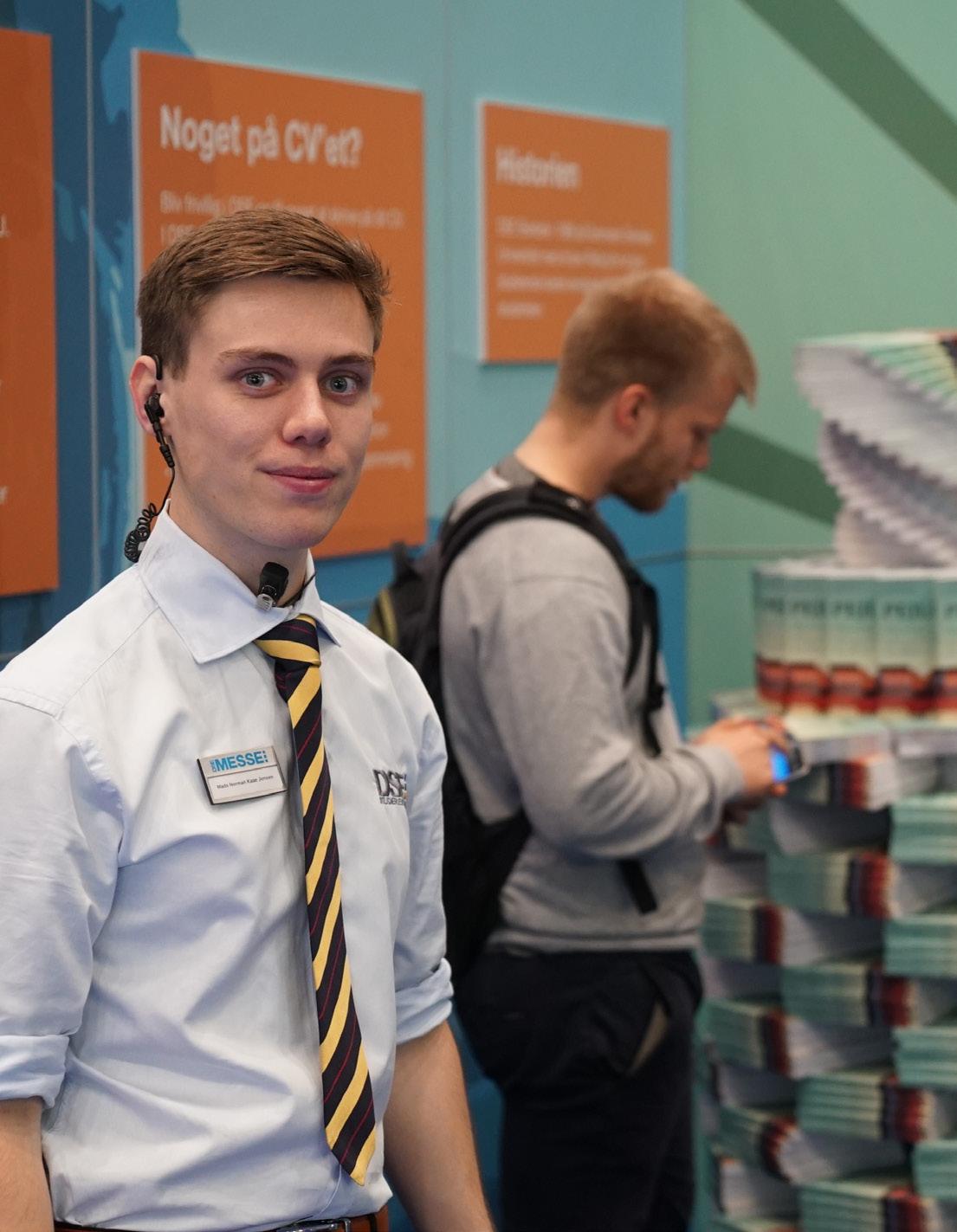
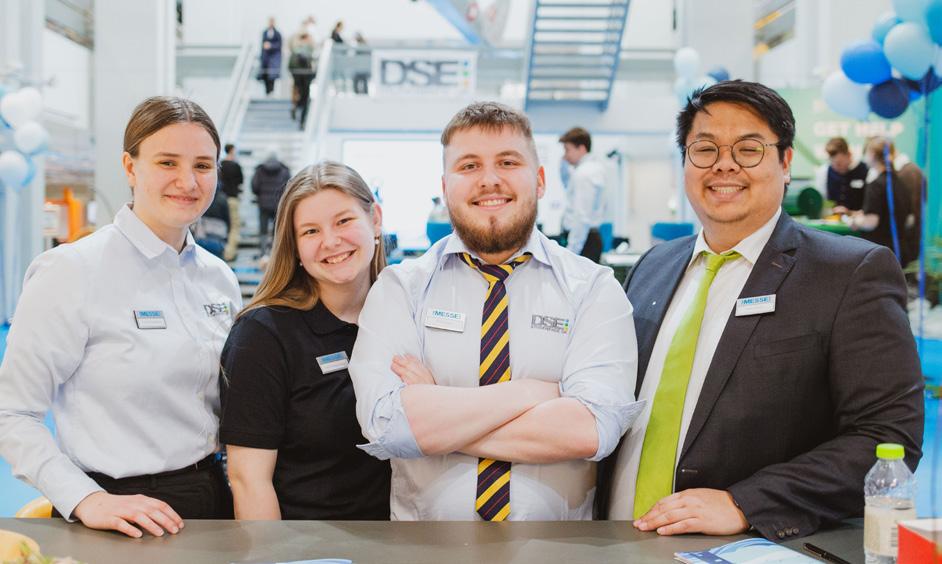
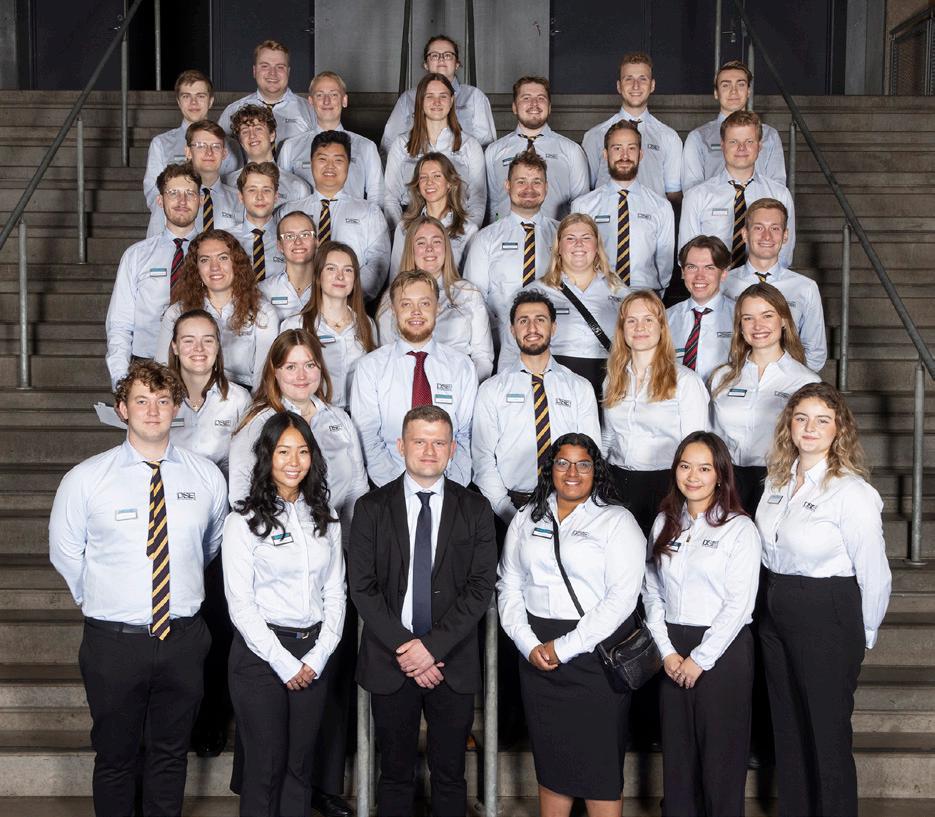

Find your dream job!

Lyngby: April 9 & 10 2025
Aalborg: October 8 & 9 2025
Fair Guide
Visiting a fair for the first time might seem intimidating, but don’t worry. By preparing in advance and researching the companies attending, you’ll be ready to approach them with confidence.
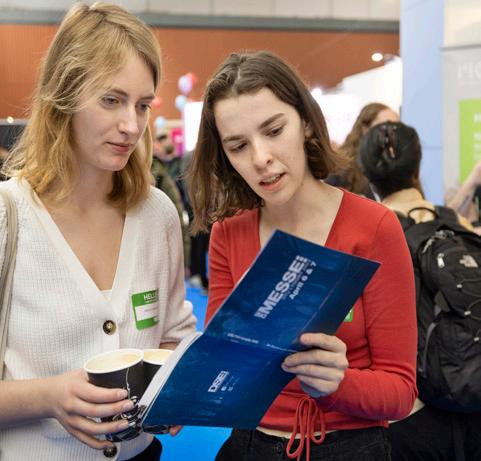
Maximize your opportunities
For the 36th consecutive year, DSE Fair Lyngby provides the ideal setting for networking with a diverse range of companies—one of which might be your future employer. At the fair, you can make valuable connections in the business world that could benefit your future search for a project, student job, or even a full-time position. To help you make the most of the fair and use your time effectively, we encourage you to keep reading and take advantage of the following tips.
Set goals for the future
Consider how you want your career to develop. What do you envision for yourself one year after graduation, and what steps should you take to achieve it? This mindset will provide a strong foundation for your conversations with companies and help you determine whether a specific company aligns with your future aspirations.

Update your LinkedIn
The best way to expand your network is through LinkedIn, which acts as an online CV. When speaking with company representatives, connect with them on LinkedIn, and to leave a lasting impression, include a note with your invitation
Know what you are looking for
Is it a job or an internship? Ideas and contacts for a project? Or general inspiration? Whatever you seek, our job and career guide, PEJLING, helps you prioritize which companies to visit. PEJLING gives an overview of most participating companies, including the fields of study they seek and what they offer—whether a student job, internship, or project collaboration. Use PEJLING to prepare relevant questions for the companies.
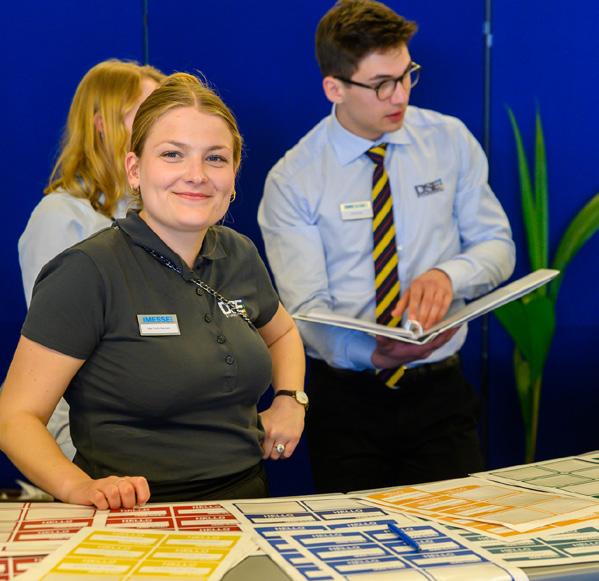
We recommend selecting a top ten list of companies to visit first. This prevents burnout before reaching those most relevant to you while allowing flexibility to revisit them later. It also helps companies remember you. Most importantly, include unfamiliar companies on your list—they can offer equally exciting, or even better, opportunities.
Before speaking to the companies we recommend to take a fair badge, the fair badges can be found at the informations and indicate which study direction you belongs to and make it easiere for the companies to know who to approach.
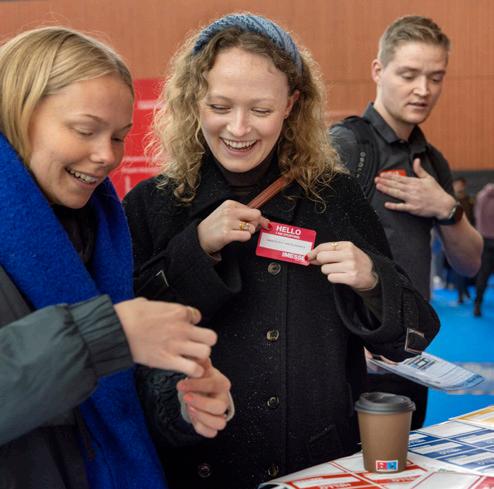
Engange with companies at the fair
At the fair, remember that companies are there specifically to connect with students like you. So don’t hesitate to initiate contact—they’re eager to engage and answer your questions.
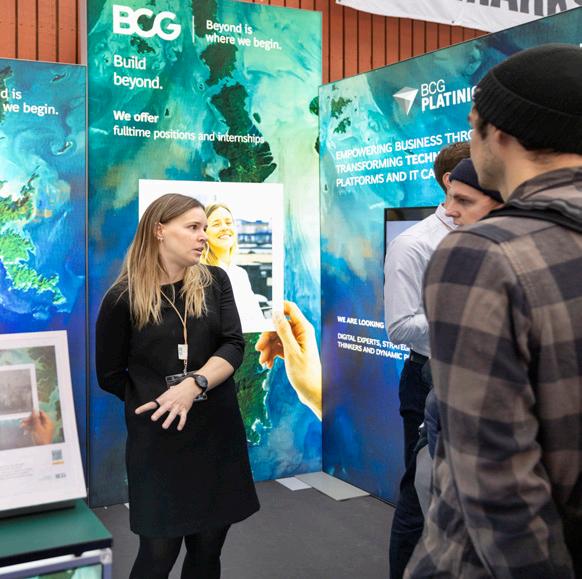
When speaking with companies, use your checklist to cover all your questions, and add new ones as they arise.
Afterward, jot down keywords to help craft a standout CV or application that gets you an interview. Another key factor is time!
It’s easy to spend a couple of hours at the fair engaging with interesting companies and attending the Company Presentations in the DTU Library. Therefore, be sure to allocate enough time for your visit. If
you’re nearing graduation, seeking a student job, or simply eager to explore current job opportunities, don’t forget to visit the DTU Career Hub as part of your fair experience. Learn more about the DTU Career Hub on page 22.

We wish you some great days at DSE Fair Lyngby 2024!
Sincerely, the DSE Fair Committee
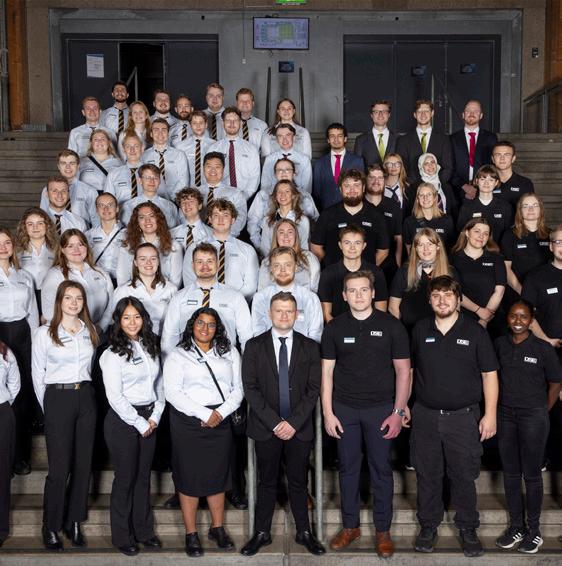

How to get off to a good 48-49 start in your first job
Prepare for your first salary 50-53 negotiation
How to stay focused on 54-57 your development

Indslag fra studerende 58-59
Jobindex 60-61
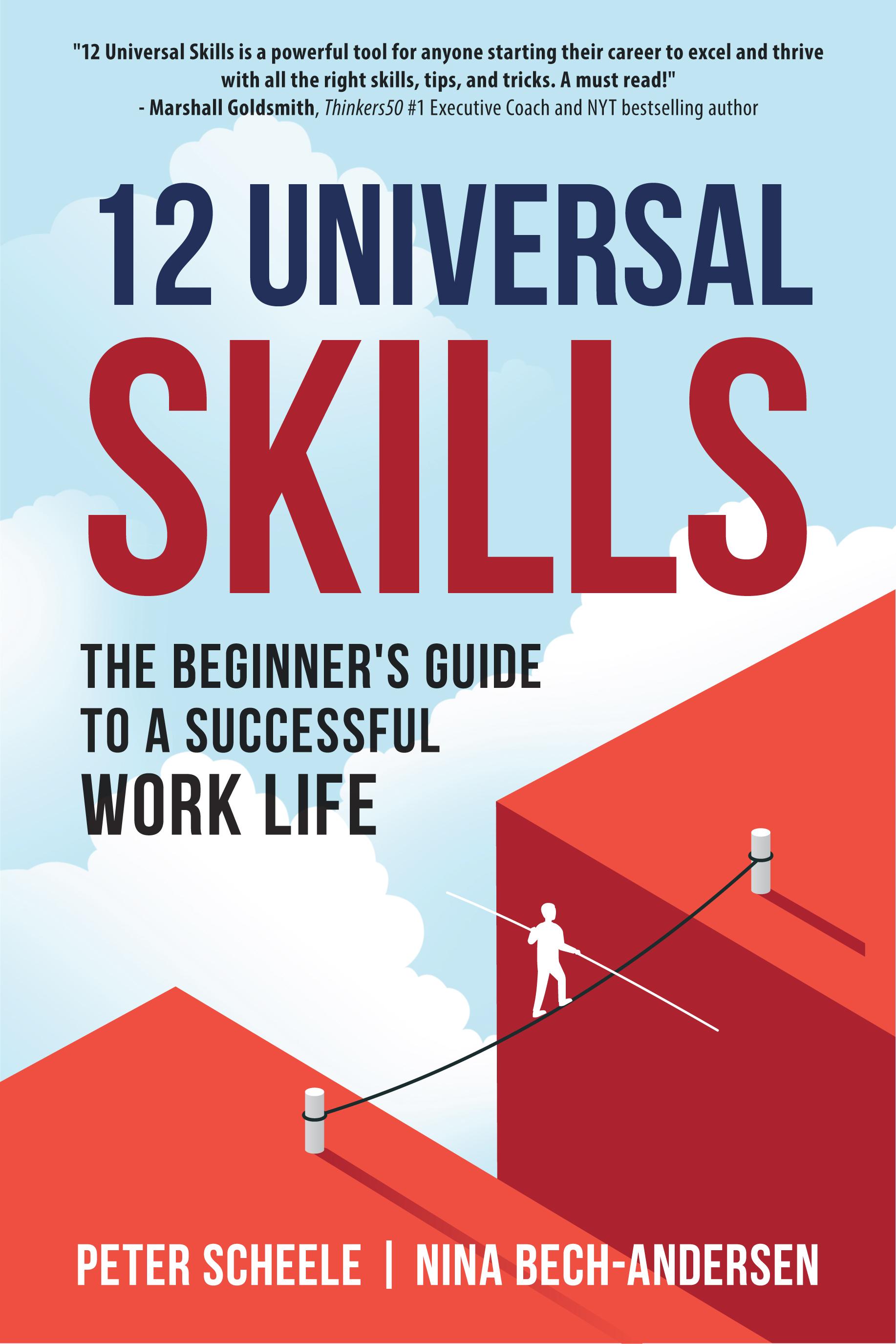
What Employers Want
When employers hire fresh graduates, their soft skills are a major factor in evaluating the candidates. Even with top grades, a lack of soft skills may put you behind other candidates, as your coming employer will usually evaluate you as much for your soft skills as for your hard skills.
It will be your soft skills that differentiate you in a competitive job market and sets you apart. And that is why in a job interview, you will be asked questions about communication, teamwork, decision-making, time management, influence, networking, making mistakes, etc.
Soft skills are important for employers for several reasons. First, they know that if you have excellent soft skills, you will get quickly up to speed. Second, employers know you will perform better, be more productive and resilient, and work better in teams. Lastly, employers want you to be happy in your job so you don’t leave prematurely. They invest a lot in you, so they want you to be satisfied. And if they think you lack self-awareness or could have difficulties fitting into the team, they might not want to take the risk and hire you.
It is not only in the hiring process your coming employer evaluates your soft skills. On the job, it is the same story – your employer will include your behaviour, how you get along with others, and how you handle tricky situations when evaluating your performance. Consequently, soft skills will make the major difference between a mediocre and a highly satisfying career (whatever that is to you). Good soft skills translate into influence, new opportunities, and increased responsibility. Not to mention better and more respectful relations with everyone you work with.

Then, What Exactly Are Soft
Soft skills are interpersonal skills like communication and teamwork, interacting with your manager, and professional etiquette. They’re also self-regulatory skills that help you gain confidence and manage yourself in all kinds of situations. Many people are only half-conscious about their soft skills; these skills are often unspoken rules and practices, which is why people typically learn them in a trial-and-error way (and some never quite get it right). For example, to develop yourself in your job, you must continuously improve your self-awareness – the fundamental building block for all other soft skills. The big upside to self-awareness is that you have natural strengths that you’re probably not aware of – or don’t use much – that can be brought to your attention. These strengths are your hidden potential. When you know this potential, new possibilities open up: natural strengths that weren’t relevant for academic performance may be vital at work – for example, strengths within influencing or relationship-building.
Another example is professional behavior. At work, people with completely different backgrounds and values have to work together. So, certain norms and rules exist to ensure smooth and constructive interactions. These norms are known as professional behavior or business etiquette. It is expected that everyone inherently knows what they are and that they follow them. And that is fine if you know what they are – but without that knowledge, you are at a disadvantage!
The final example is your relationship with your manager. Your manager is the most important person for your job satisfaction and career opportunities. It is your manager’s job to ensure that you are effective and happy in your job – and to support and guide you. But if your manager is not satisfied with your contribution – with what you deliver or your behavior – he or she will see you as a problem. That is why you must continuously align expectations, get feedback, and do your part to ensure a good relationship with your manager.
Can Everyone Learn Soft Skills?
Yes! Soft skills are learnable; they are not reserved for especially talented or privileged people. Soft skills are for everybody, regardless of background and previous experience. Where you have gaps, you can regard them as something you just haven’t learned yet; your gaps are changeable.
The Book “12 Universal Skills: The Beginner’s Guide to a Successful
Work Life”
Written with career starters in mind, 12 Universal Skills demystifies the twelve most important soft skills into practical “how-to” advice. In a unique framework, all the tips and tricks and do’s and don’ts you need to get your career off to a good start are revealed.
Focused on the needs of fresh graduates, the book includes a dedicated job search section with step-by-step instructions for preparing, applying, and interviewing for jobs, leveraging the 12 universal skills for maximum effect. The book is available on major online bookstores and e-book and audiobook platforms, including Amazon and Apple.

Peter Scheele is a writer with a long career in management, business, and IT. He has worked with large organizations like Siemens, Maersk, Coop, IBM, and Teradata and in diverse industries including retail, manufacturing, health care, finance, shipping, and government. He lives in Denmark.
Nina Bech-Andersen has enjoyed a diverse international career. From technical designs of the world’s largest ship engines to medical devices R&D to negotiating multimillion-dollar contracts, Nina brought ingenuity and passion to every job. Nina was one of the first women in Denmark to serve
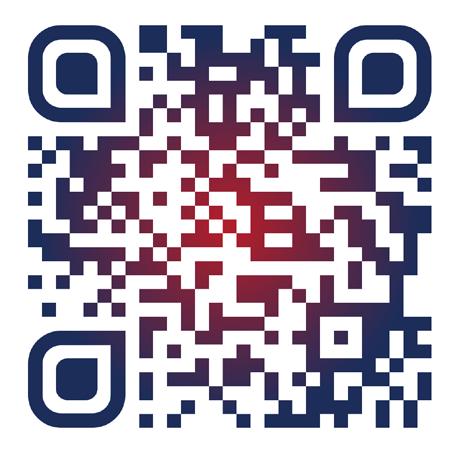

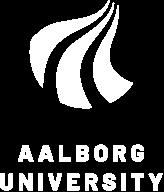
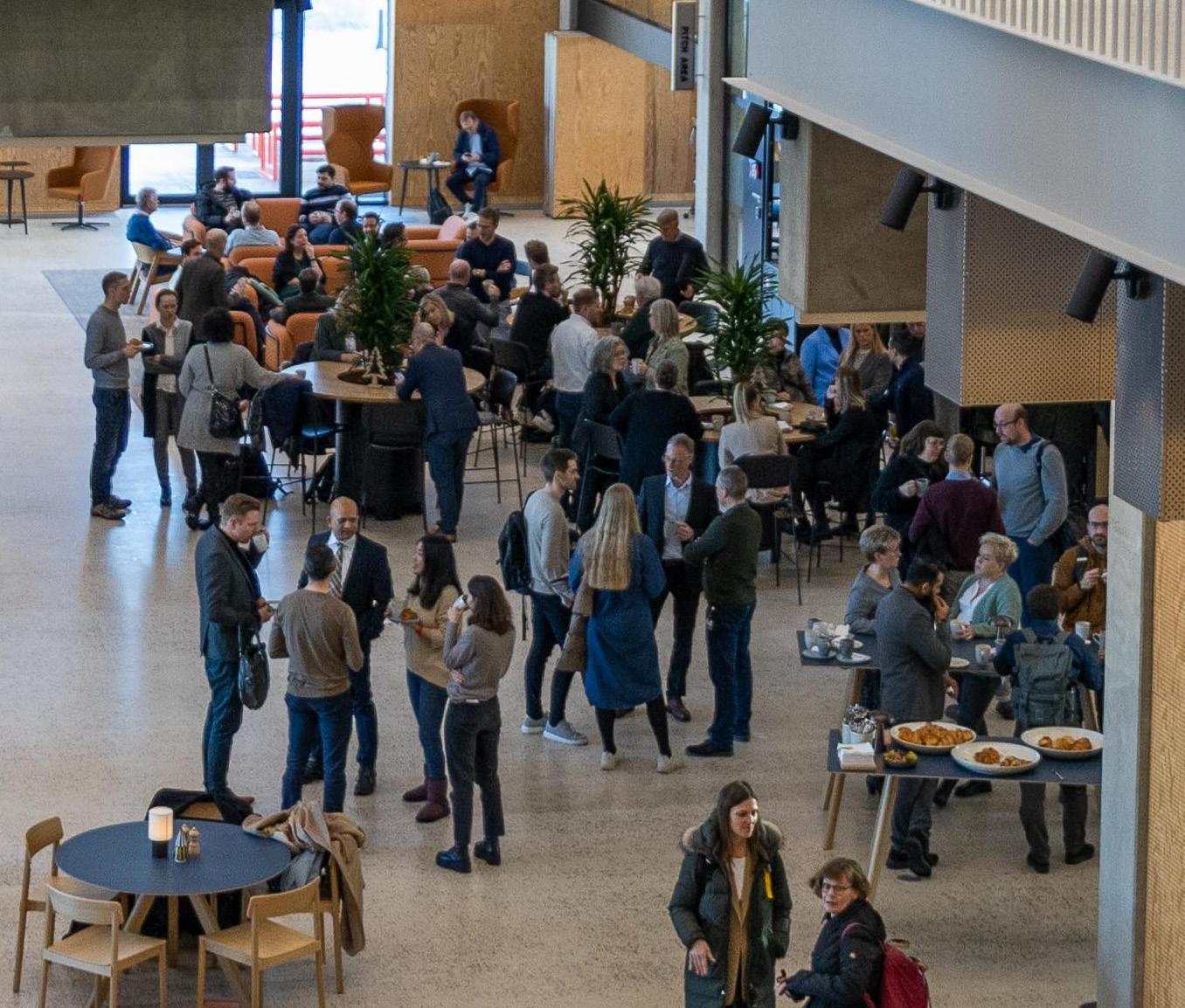

MAPROVA APS MAKES PRODUCTION COMPANIES DIGITAL
What is the easiest way for an analogue production company to get started with a digital conversion? The answer lies with Maprova ApS, a startup from Aalborg University (AAU), which with its flexible data collection platform offers a good start to production companies that want to digitize their processes. It helps companies optimize operations, reduce errors and increase productivity through data-driven decisions.
Maprova ApS was founded by Andreas Krog Nielsen and Hans Thoft Rasmussen, who both studied Manufactoring Technology at AAU. Throughout their master’s course, they have worked on their business idea, which arose during a collaboration with BM Byggeindustri A/S in Hobro.
We were in a project group that had to map, document and come up with proposals for optimizations in production at BM Byggeindustri. But along the way we discovered that our optimization proposal could not be supported by data, because that data simply did not exist, explains Hans Thoft Rasmussen, who is deputy director (COO) at Maprova.
In the following semester, the group therefore started a new project collaboration with BM and set about developing a data collection platform for the company.
Business idea arises and develops during their studies
The Subsequently, they have founded the company Maprova and have spent time developing the idea, commercializing the system and expanding the team, so that today they have six employees withinsoftware development, sales, design and marketing.
Maprova’s platform gives companies the opportunity to collect data about their production, processes and services via a simple app or screens in the production halls. Data that is collected can be time records and the status of tasks. In a production company that e.g. produces bathcabins, data that tells how long it takes to install wall coverings or floors can be used for quality assurance, predictions, price estimates and optimization of production.
Business idea arises and develops during their studies
Since 2023, Maprova has been part of the AAU Startup Program and has been based in one of the Garages in AAU Innovate, which is AAU’s entrepreneurial environment for students. Here, students who, like Maprova, have entrepreneurial dreams, can get space, guidance and network help to develop a good idea to become a promising company.
In 2024, they won the AAU Startup Grant of DKK 250,000, which is given to particularly promising startups in AAU’s entrepreneurship programme. Applicants are assessed on their market potential, on their environmental and social impact and on an economically sustainable business model.
After the two founders graduated from AAU this year, they are now entering the Maprova projectfull time.

We can do it on a paltry salary of DKK 8,000, which is approx. the income level of the Student Grant. After all, we’ve been living on less for five years so far. The funds from the AAU StartupGrant will go to future-proofing and capital expansion, and they are an essential part of covering our labor costs, explains Hans Thoft Rasmussen.
AAU INNOVATE An innovation hotspot for AAU students
Whether you want to develop your own business idea, join a startup or add entrepreneurial skills to your profile, AAU INNOVATE is the place for you.
• Innovation workshops and events open to all AAU students
• Sparring, community and garages for AAU startup teams
• Labs equipped for prototyping in audio/video, VR, metal, wood, 3D printing and more
Author: Mona Bjørn
Photo rights: Aalborg University
In May 2024, Maprova won “AAU Startup Grant”, which is sponsored by The Obelske Family Foundation.

AI in job search: A student’s guide
AI tools can help you in your job or internship search. By analysing job descriptions, AI can highlight the key competencies and experiences employers are looking for, making it easier for you to match your application to their needs.
Your application must stand out and feel authentic. That’s why the key is to use these tools to complement your efforts, not replace them.
Follow this guide to effectively balance the use of AI and your personal effort, resulting in a more targeted, personal, and authentic job application.
Job search with AI in 3 steps:
1. Decode the job ad: AI can identify the most important requirements in job ads. This helps you understand what employers are really looking for.
2. Tailor your CV: Use AI to customise your CV for each job. Focus on the competencies and experiences that are most relevant to the job.
3. Write the cover letter: AI can draft cover letters that are specific to each job, ensuring you address the employer’s needs directly.
Avoid the pitfalls in 3 steps:
1. Use AI as a tool, not a replacement: Be critical and use AI thoughtfully. The employer wants to get a feel of who you are, so do not underestimate the importance of your human touch.
2. Customise AI’s output: Once AI has helped you generate a draft, take the time to review and modify it. Add personal anecdotes, examples, and details that showcase your personality and experiences.
3. Be aware of AI’s limitations: AI can’t show who you are as a person. Read your application aloud to make sure it sounds natural and personal and get feedback from friends, family, or career counsellors to get insights into how it is perceived.
More inspiration for applying AI in job search
Find more ideas on how to use AI for identifying your competencies, train for job interviews, search for jobs or internships, etc. and see examples for good prompts on www.students.aau.dk
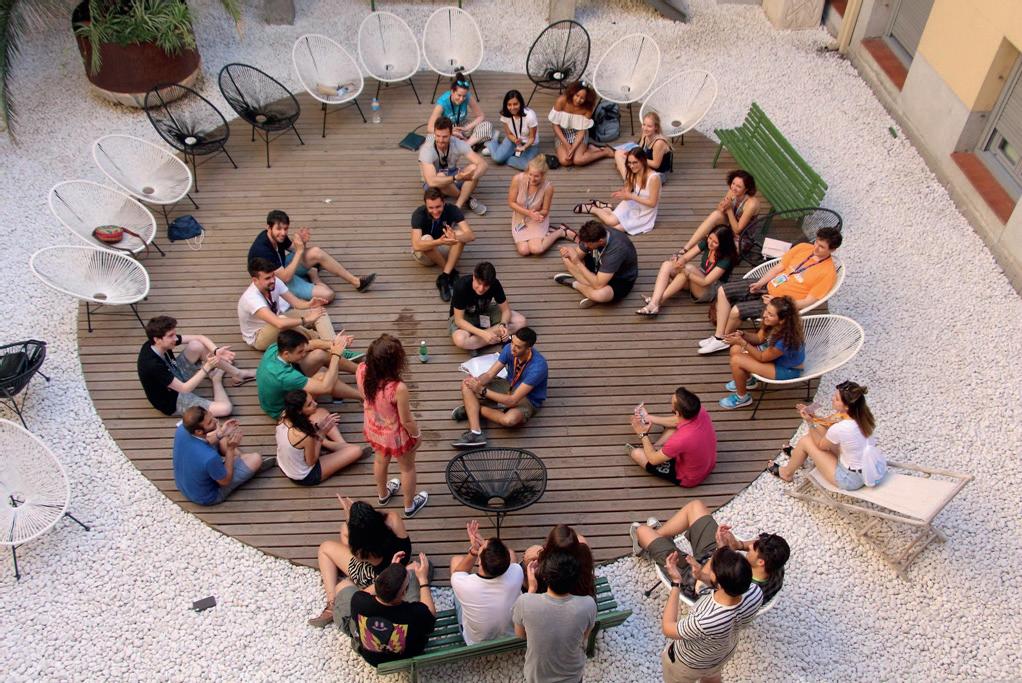
BEST-Board of European Students of Technology
Board of European Students of Technology is a constantly growing non-profit and non-political organisation
Since 1989 we have provided communication, cooperation, and exchange possibilities for technology students all over Europe.
Our core activity is to provide students with complementary education, bringing a significant added value to the education provided by the universities.
BEST Works as well for increasing educational involvement of the students, stepping up ther awareness on issues related to engineering education and improving engineering education in Europe throught the input of those students

Our Core Services are:
Best in Numbers:
34 Countries
93 Local Groups
3300 Members
1,3 million Students reached
- Providing career support to connect students with their future employers
- Increasing educational involvement of students, making them more aware of issues related to engineering education and improving it.
- Providing complementary education to the one provided by universities.
Local BEST Group
BEST is formed by local BEST Groups (LBGs) which contribute to the organisation and the promotion of learning events, cultural exchanges, workshops, and other BEST events to the students in their universities.
In Denmark there are 2 Local BEST Groups: Copenhagen and Aalborg
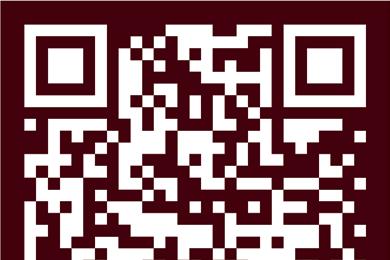
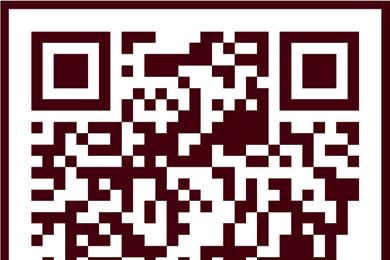


BEST Courses
The courses have the aim to provide new knowledge and skills to the participants and are taught by professional people. They usually last 7-14 days.
What? Learning new things and building a stronger knowledge background with lectures, company visits, projects and so much more!
Who? Students from all over Europe, professors from top Technological Universities and companies
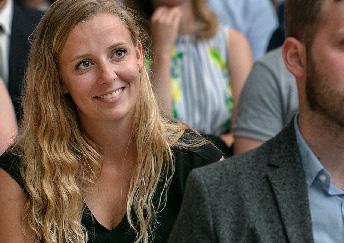
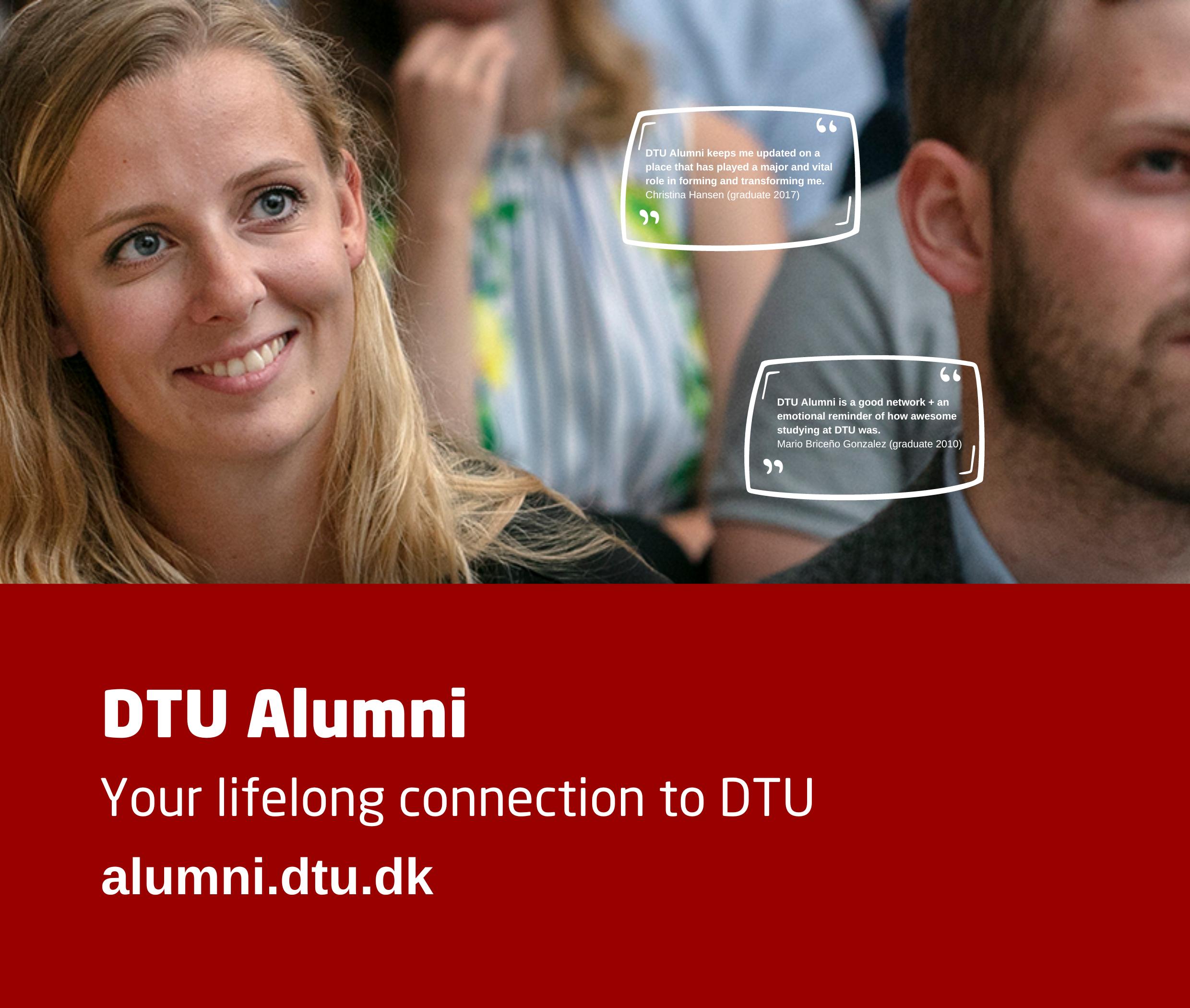


DTU Alumni – a network of engineers from DTU
DTU Alumni is a network for all graduates from DTU.
Membership is free of charge.
Lifelong connection to DTU
Through the alumni network, you can stay connected with DTU for life.
As a student, you will probably meet alumni as guest lecturers, mentors etc. and you can get insight into future career options from alumni.
After you have graduated, we will keep you updated on what happens at DTU and send you invitations to relevant activities. Moreover, you get continued access to discounts in Polyteknisk Bookstore.
You will also be able to use the alumni network as well as DTU Job Bank in your job search to help you now and in your future career – and you can make use of DTU’s continuing education offers to keep your skills up-to-date.
DTU is there for you the rest of your life!
How can I join?
You can join as soon as you have a degree from DTU. 6 months before your expected graduation date, you should receive an e-mail welcoming you to DTU Alumni.
Visit www.alumni.dtu.dk to find out more!
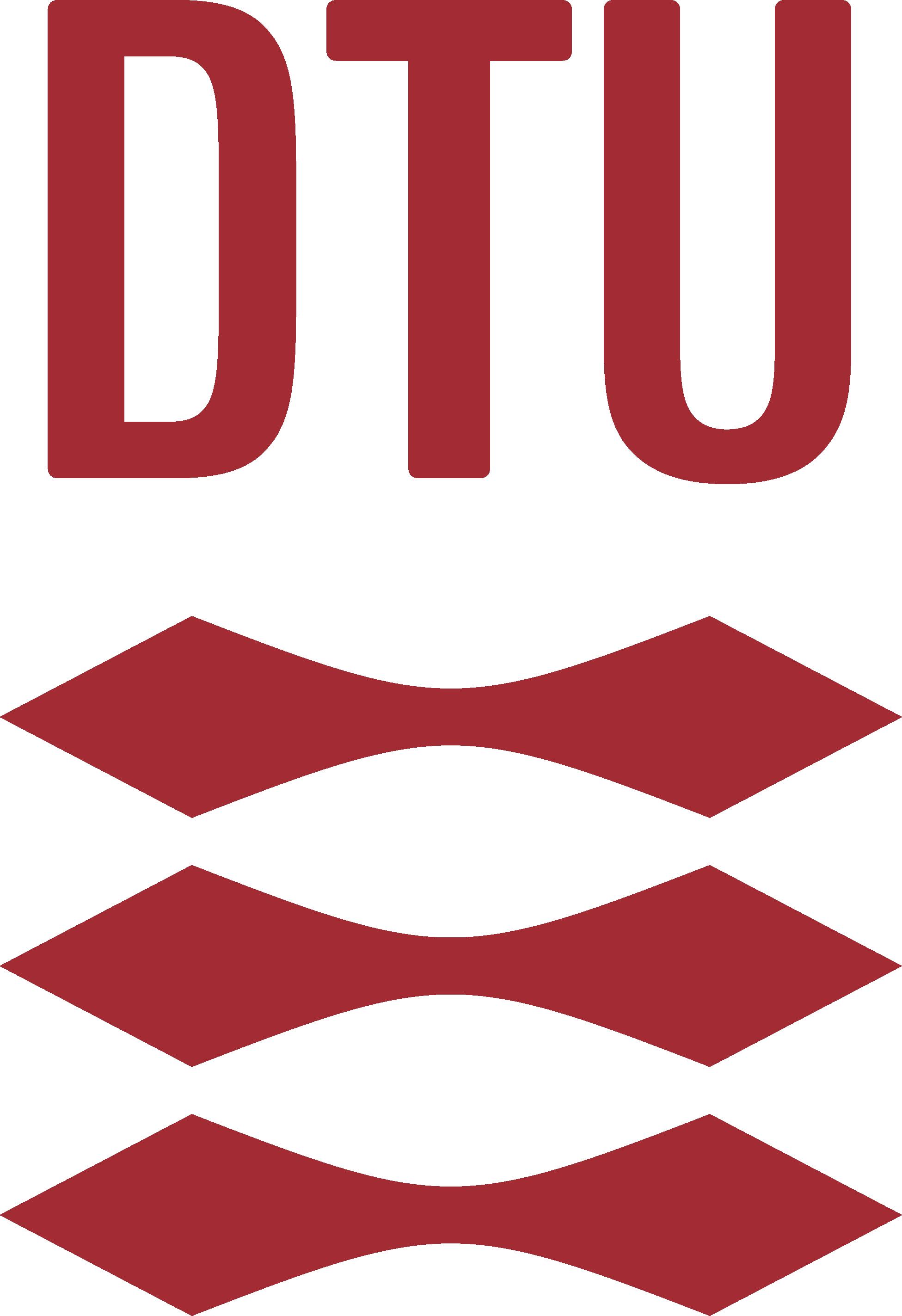
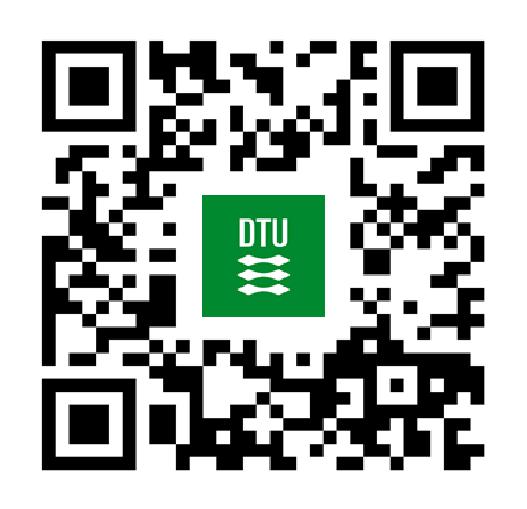
Time To Start Your Journey
Student jobs, internships, projects, and full-time jobs to help you find your career path with top employers in Denmark. Career related events to inspire you, understand market developments, discover companies and industries.
Conferences and online career fairs about internships, work-study programs. graduate opportunities, and more.
More than 10,000 job ads to easily find your next opportunity.
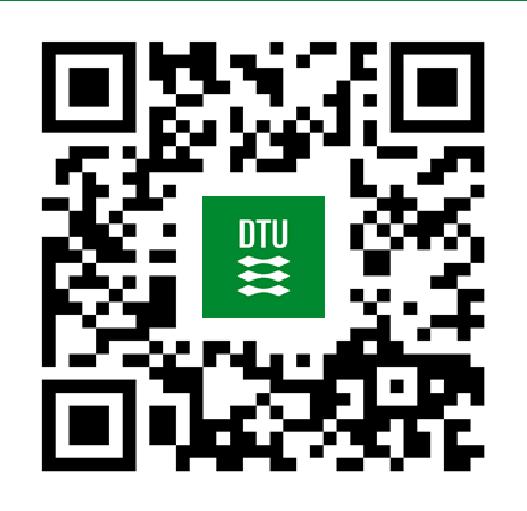
DTU CAREER CENTRE - CAREER GUIDANCE, CV FEEDBACK & EVENTS



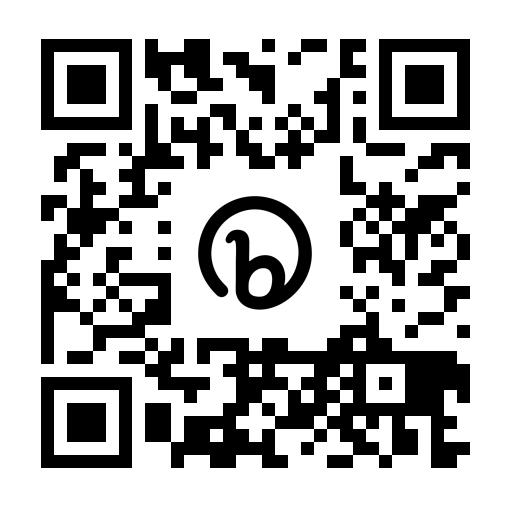

START YOUR CAREER TODAY
The DTU Career Centre advises you to be on the front foot and position yourself as best as you can early on in your studies to meet the demands of the future.
The Forecast for Future Successful Engineers
According to Morten Esmann from IDA (The Danish Society for Engineers) we will see a major increase in engineering jobs characterized by complexity and development in the future.
To be a problem solver as a successful engineer is almost a given and this will remain one of the core skill sets of a good engineer. However, IDA is forecasting that future engineers will need to intensify their focus on having heightened communication skills, the ability to work in teams, global knowledge, a good grasp of the impact of sustainability in innovation to create futureproof products and services.
According to IDA, this means that future Engineers will have to acquire more technological skills, environmental knowledge and that they will have to be very flexible in adapting and learning how to develop and operate new equipment.
Consumer demand for social, economic, and environmental products will play an important role in what direction the industry will take as a whole, and the World Economic Forum is estimating that approximately 65% of children born today will

get a job not even invented by the industry yet. All the more reason to start orienting yourself on the existing opportunities, pursue relevant jobs and play an active part in shaping the roles of tomorrow.
How to Maneuver in the Jungle of Companies
Work experience during your studies will provide you with a valuable network and The DTU Career Centre highlights that this is one of the best ways to optimize your chances of getting hired in not just any job - but in a role that will be a great fit for you. Go explore the wide palette of companies early on in your studies and participate in job fairs, case competitions and company workshops when given the chance. This, alongside with completing a profile on DTU.dk/careerhub, will help you understand the different opportunities within the engineering industry whilst you are studying and right after graduating.
When searching for companies, internships, student jobs and full-time positions it is important to be proactive and open minded. The job search is about identifying the best fit between your skills and the specific needs within your desired industry. Perhaps you will find companies looking for your skill set that you didn’t know of or hadn’t thought would be a natural fit for you. You can start your research by finding out which tasks that make you happy.
What makes me happy?
If you aren’t sure of your skill sets, you can use the post-its on this page to create an overview. Think back of successful tasks and activities. Consider all areas of your life – lectures, exams, projects, group work, jobs, travels, sports, volunteer work, etc. This will give you a more complete picture of the unique skill set that you have developed through various activities in your life.
Enjoyment
Now mark the tasks, activities, and skills that you have enjoyed doing with a smiley. This is to indicate your motivation which you can use to target your job hunt to pursue a fun and fulfilling job.
Research Relevant Companies
Now that you know which tasks and skills you enjoy putting into play, you might find it easier to pin out interesting companies in this Pejling book. Once you have made a short list of exciting companies relevant to your field of study, you will be able to research them further online and find out if they have job openings that match your skill set and your desired role.
Tasks & Activities
Example: Improvement of information flow to members at my loccal football club
Describe the result(s) you achieved when completing the tasks/activities
Personal skills
Example: Communication skills. I was communicating to multiple stakeholders – the coach, members and the intranet administrator who all had different inputs to give me
List successful tasks or activities
Results
Example: Coded a new module on the intranet so that messag- es from the coach automatically were sent to the members’ personal email addresses
List the personal skills that you used to complete the task
Technical skills
Example: Coding in Python
List the technical skills that you used to complete the tasks/activities

A checklist when researching a company:
• Check out the company’s presence online: its website, its Social Media accounts and online news articles about the company. It is always a great sign if the company’s online presence sparks further curiosity
• What are the company’s mission, vision, and values? Are these in line with what you find interesting?
• Is the company cutting edge, a leader within the industry, small and diverse or something completely different that matches what you are looking for? This is good to make yourself conscious of for your cover letter
• Check if the company currently has relevant job vacancies posted on DTU.dk/careerhub
• Do you know someone who works or has worked for this company? Use LinkedIn to easily find out – you can see who you are connected to current employees in a few steps by searching in the Alumni network on LinkedIn. Reach out and ask relevant alumni to meet you for a coffee. Scan the below QR code and find out how:
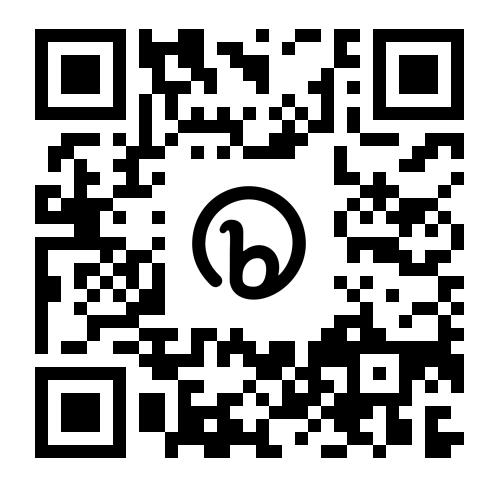
• Who are the company’s competitors - investigate these to understand the job market better. These could also be potential interesting employers
Now that you have researched relevant companies, it’s time to start applying or approaching the companies unsolicited.
Learn how to write the best CV and a personal cover letter that grabs the attention of hiring managers by joining the DTU Career Centre’s online course “Engineer Your Career” NOW.
SCAN THE QR CODE TO JOIN



THE VALUE OF VOLUNTEERING
Volunteering is a fantastic way to make a difference and a great way to boost your CV - meaning higher odds of getting a relevant job faster.
Apart from getting a break from your studies and providing you with a variety in your everyday life, you will expand your network with like-minded and driven people.
Volunteer & Increase Your Employability
Not only will you experience personal development and handle new tasks, you will strengthen your personal and technical skills when you volunteer. This, in combination with the fact that you have chosen to put in your spare time to volunteer will make you stand stronger in relation to candidates who lacks experience when you apply for an upcoming job.
In short, volunteering helps you STAND OUT from the crowd because you have other experience than engineering courses to draw on when applying for a job or an internship.
How to Broadcast Your Gained Skill Set
In your CV, you must pinpoint your gained experience as well as the acquired competences from the work you have been doing as a volunteer. These must be made relevant to the specific job you are interested in.
It is not enough to mention the activity you have been doing or the organization you have volunteered for; the gained responsibilities and competences must be communicated clearly in your CV.
Make sure that you go through all relevant tasks and responsibilities that you have handled and translate them into the demands of the new position you are applying for.
Highlight Your Skills
Underneath, The DTU Career Centre has listed some common skills that could be gained through volunteering that the labor market often demands.
• Project management: Managing multiple tasks and handling time effectively to reach deadlines and meet demands are key skills when working with various assignments and responsibilities
• Problem solving: Your problem-solving skills are expected to be fine-tuned when graduating. If you can demonstrate to prospective employers that you can think of ideas and make clever decisions under pressure, you’ll be one step ahead of other candidates.
• Teamwork: Your collaboration skills are carefully considered during a recruitment process.

Volunteering demands team players who work in unison to deliver results. You might be the glue that holds a team together or the person who inspires and motivates everyone to achieve success.
• Communication skills: Communicating with multiple stakeholders and with a broad variety of individuals, whose native language and background might be different from yours, can make a big difference when hiring managers are considering candidates
• Leadership skills: Capable of tackling various stressful and unexpected situations by handson experience is a perfect opportunity to evidence leadership qualities in the early stage of your career. This is a good way to get into consideration when applying for positions with great responsibility, big budgets, multiple stakeholders etc.
• Analytical and detail oriented: Showcasing that you have experience handling numbers, analyzing them, and turning them into meaningful knowledge is key in a world where data is king
On top of the technical skills you have developed when volunteering, you should also emphasize your personal development. For instance, playing an active role in a community that shares a common passion for a particular cause will have enriched you in a different way to what you might have encountered exclusively through your studies.
Cultivating your interest in something that you are committed to could make it easier for you find out what makes you thrive before committing to a fulltime job after graduating. Whether it is finding out about an area of engineering like sustainability or the climate or whether it is getting involved with the student life on campus.
Don’t hesitate – Volunteer Today
Being part of an organization provides you with responsibilities as well as knowledge about expectations in a team both of which are crucial when you start working full time.
It will give you a unique experience in a field that you find interesting and on top of this volunteering during your studies shows that you are energetic as a person and can structure your time. These are all sought after skills that could place you in the “yes pile” when hiring managers consider their next prospective job candidate.
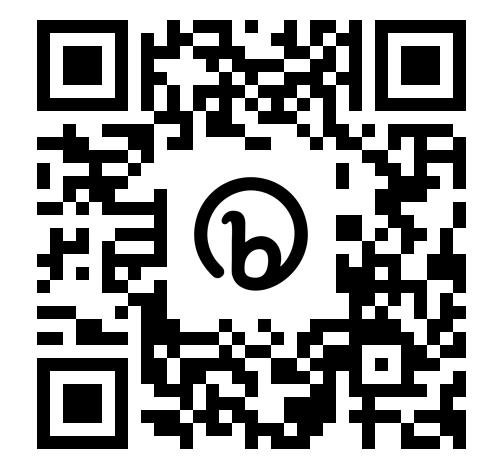


What is DTU Skylab?
DTU Skylab is the innovation hub located at Lyngby campus at DTU, Technical University of Denmark.
We focus on enabling student innovation and entrepreneurship through our three focus areas; student innovation, company collaboration and academia. it is important to us to welcome all DTU students and affiliated students, therefore student innovation include everything from smaller student projects, case solving on courses and student start-ups.
Space: 5500 m2 at DTU Lyngby Campus
• Free business coaching for start-ups
• Exciting events with corporate partners
• Soft funding for your (pre) start-up
• Free prototyping in our labs and workshops
• Access to cool initiatives and programmes
• A space to work on your project
How DTU Skylab can assist you:
Book a free start-up coaching session to get feedback on your idea
Apply for soft funding for your (pre) start-up project through DTU Skylab funding
Participate in our 10 week startup accelerator DTU Skylab Ignite to validate your idea
Join our Incubator to get a workspace and become part of a strong start-up ecosystem at DTU.
Five steps to creating your own start-up:
1. Find your unique idea
2. Build a team
3. Get feedback from potential customers
4. Develop your product using feedback and coaching
5. Make a business plan

Develop your start-up and meet likeminded entrepreneurs by joining our community. Start out by coming by our facility in building 374 at DTU Lyngby campus and stay up to date by signing up for our social media channels using the QR code.
HOW TO LINKEDIN: A STEP-BY-STEP GUIDE
In today’s competitive job market, personal branding is more important than ever. As an engineering student, establishing your personal brand early can set you apart from your peers and open doors to exciting career opportunities. One of the most effective platforms for personal branding is LinkedIn. Starting early on LinkedIn allows you to build and nurture your professional network, connect with friends and acquaintances, and showcase your skills and achievements. And, who knows – maybe a job offer is even closer?
Personal branding is the practice of marketing yourself and your career as a brand. It involves clearly communicating your strengths, and experiences to the professional world. Effective personal branding on LinkedIn can enhance your visibility, build your credibility, and make you more attractive to potential employers and collaborators. To have a strategic approach, follow these 3 steps:
I had the pleasure of delivering a one-hour lecture on “How to LinkedIn” in the DTU Library back in February. If you missed it, here is a quick summary to get you up to speed.
1. WHAT do you want to achieve in the short/long term?
2. WHAT should others think of you?
3. WHAT to say about yourself?

3 x WHAT
1. What do you want to achieve in the short/long term?
Start by clearly defining your goals. What are your immediate objectives and long-term aspirations? Whether it’s securing an internship, landing your first job, or eventually leading a project team, having a clear vision helps you focus your efforts and shape your personal brand accordingly.
2.
What should others think of you?
Consider the impression you want to leave on others. What qualities and skills do you want to be known for? Think about how you can demonstrate these traits through your actions and interactions. Consistently embodying these characteristics will help you build a strong and positive reputation.
3. What to say about yourself?
Craft a compelling narrative that highlights your unique strengths, experiences, and ambitions. This story should be reflected in your LinkedIn profile, professional introductions, and any content you share. Be authentic and confident, ensuring that your message aligns with your personal and professional goals.
Why start on Linkedin?
Networking Opportunities
The earlier you start on LinkedIn, the more time you have to build a robust network. Connect with classmates, professors, and professionals you meet at events. These connections can provide valuable insights, job referrals, and mentorship opportunities.
Professional Presence
LinkedIn acts as your online resume and portfolio. A well-crafted profile can attract potential employers and collaborators. Starting early means you can continuously update and refine your profile, ensuring it always reflects your latest accomplishments and skills.
Personal Branding
Personal branding is about how you present yourself to the professional world. By sharing content, engaging with others, and showcasing your projects and skills, you can position yourself as a knowledgeable and proactive individual in your field.
Key Strategies to Build Your Personal Brand on LinkedIn
Create a Complete and Professional Profile
◻ Profile Picture: Use a high-quality, professional headshot that looks like you, light from front.
◻ Banner Image: Choose an image that reflects your personality or field of study.
◻ Headline: Write a compelling headline that highlights your area of expertise or career goals.
◻ About section: Craft a concise and engaging summary that showcases your skills, interests, and career aspirations.
◻ Experience and education: List your relevant experiences, internships, and educational background.
◻ Skills and endorsements: Add key skills and request endorsements from colleagues and mentors.
◻ Recommendations: Request recommendations from professors, supervisors, and peers to bolster your credibility.
Connect and engage
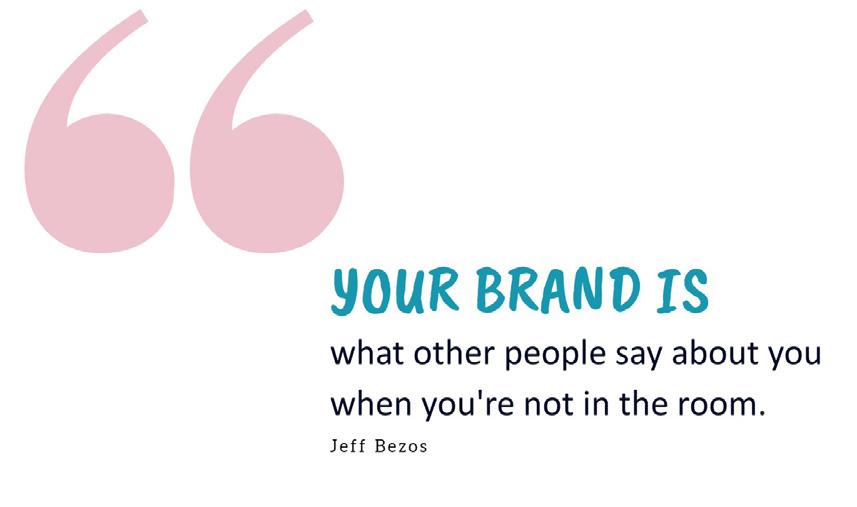
◻ Build your network: Start by connecting with classmates, professors, and professionals you meet. Expand your network by joining industry groups and participating in discussions.
◻ Engage: Like, comment, and share posts from your connections. Engaging with others content helps increase your visibility and demonstrates your active participation in your field. And gives value to your network!
◻ Stay in touch: Maintain relationships with former classmates and colleagues. Regular interactions can lead to unexpected opportunities.
Share your work and achievements
◻ Post regularly: Share updates about your projects, internships, and achievements. Posting regularly keeps your profile active and top-of-mind for your connections. To make your content more interesting, include photos, graphics, GIFs, PDFs, or videos. It might seem a little frightening at first, but your comfort zone will expand over time, so why not get started right away?
◻ Write articles: Showcase your expertise by writing articles on topics relevant to your field. This can help establish you as a thought leader.
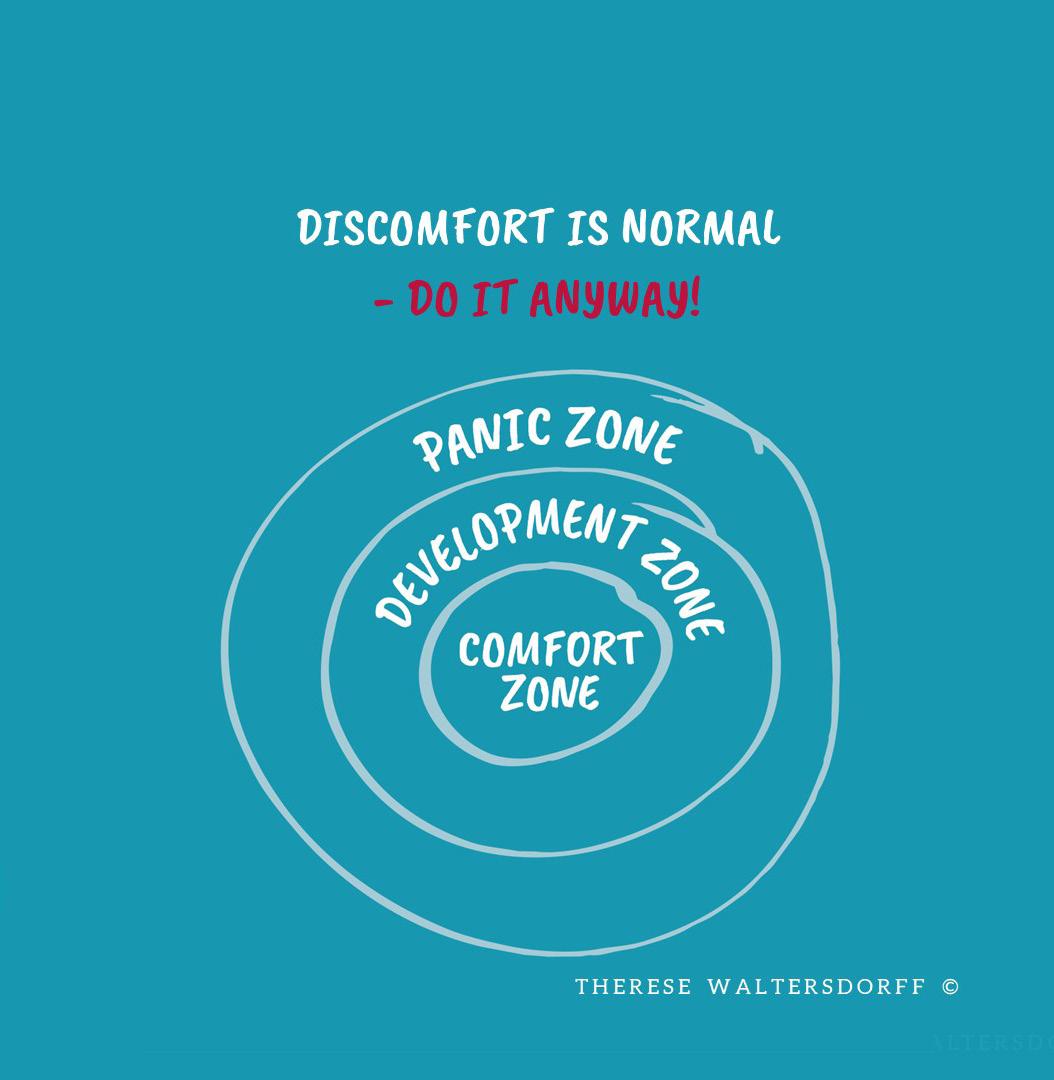
Observe and learn
◻ Follow influencers: Follow industry leaders and influencers to stay updated on the latest trends and gain insights from their content.
◻ Analyze successful profiles: Look at profiles of professionals you admire and learn from their approach to personal
Set goals and stay committed
◻ Time management: Decide how much time you can dedicate to LinkedIn each week and stick to it.
◻ Continuous improvement: Regularly update your profile and refine your content strategy based on feedback and results.
By following these strategies, you can effectively build your personal brand on LinkedIn, positioning yourself for success in the engineering field. Remember, your personal brand is a reflection of your professional identity, so invest time and effort into crafting a compelling and authentic presence. Your future self will thank you…
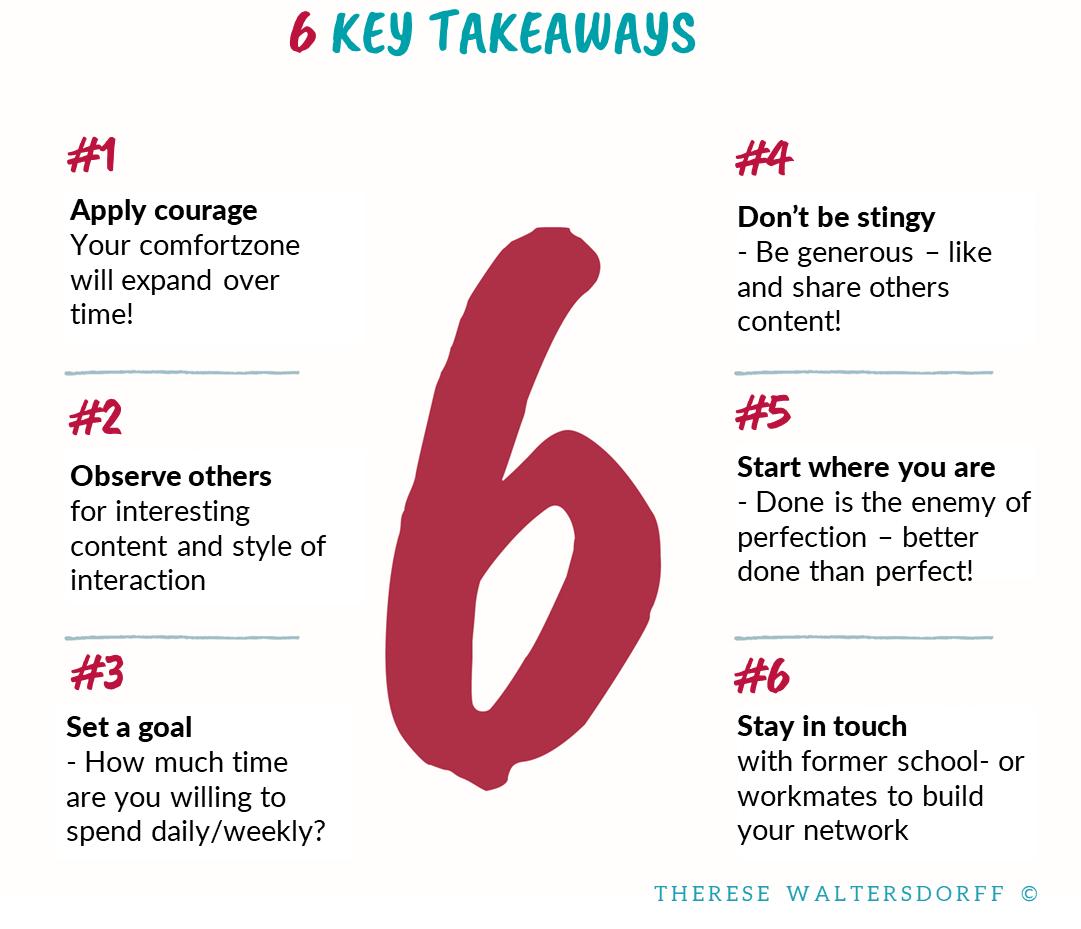
By Therese Waltersdorff
Therese Waltersdorff has spent the past 17 years teaching and advising thousands through her workshops and lectures. With a background in sales and marketing, she is also a certified coach, columnist, podcast host, and author of several books on topics such as Personal Branding, Networking, and Motivation. Therese is renowned for being an energetic, humorous, and
inclusive educator who has the unique ability to inspire and motivate her audience. Her dynamic approach ensures that participants not only learn but also feel empowered to apply new strategies and insights in their professional lives. Read more about her: www.waltersdorff.nu

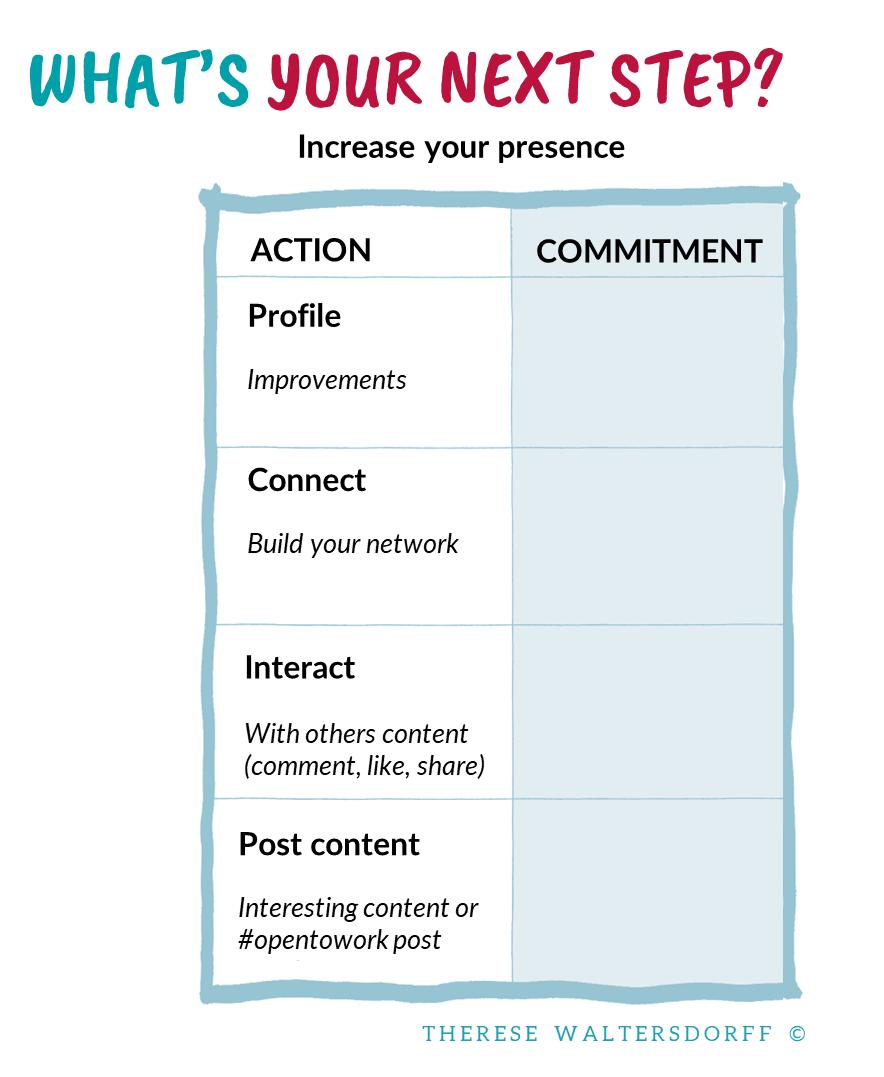
How to prepare for your first job interview
When you’re called in for a job interview, the company is interested in you as a possible candidate for the job. It’s therefore important that you’re well prepared, so that you can convince the employees at the company that you’re going to be their new colleague.
ACCORDING
TO COMPANIES: WHAT ELEMENTS DO YOU VALUE HIGHEST WHEN ASSESSING A CANDIDATE AT A JOB INTERVIEW?
SOURCE: EXCERPTS
• Personality test
• Proficiency test
• Cases
• Assignments
BE READY FOR A TEST
Most companies – both private and public – use some sort of test when hiring people. So, you might as well prepare yourself for taking a test when you’re looking for a job. Companies typically use three types of tests: personality tests, proficiency tests and cases or assignments.
BE READY FOR THE SECOND INTERVIEW
More than half of all companies have two rounds of interviews, often with a test before the second interview. After the first round, the company often selects 2-3 qualified applicants for the next round. The second round of interviews enables you to talk more about the professional aspects of the job, and allows you to get to know each other better.

Find out how you fit into the company
Sanne Mattebjerg from IDA career counselling recommends that you read the job ad, your cover letter and your CV thoroughly before the job interview.
»Prepare yourself for talking about your professional, social and personal competences, and how they match the company’s needs. The only way to find out about the needs is to call the company before you send your application, and then you need to convince the company that you can meet their needs during the interview,« she says. So, your research for the interview starts even before you apply for the job.
Research the company
As an applicant, you can be certain that you’ll be asked the following at the interview: »Tell us a little bit about yourself«.
»Many people tend to tell the same story as they tell in a social context »Well, my name is Sanne and I’m from a small town outside Slagelse”. This is definitely not where you want to go at a job interview. A job interview is a conversation about how your professional, social and personal competences fit into the job and the company culture,« says Sanne Mattebjerg.
Prepare a short presentation of 1-3 minutes where you start by telling
about your professional strengths for this exact job and then about your social and personal strengths. Identify 3-5 examples confirming your professional competences. This may be examples from study projects, student job and voluntary work where you’ve achieved good results and received positive feedback. Explain that these experiences made you interested in this job and that you can see yourself contributing to the execution of tasks.
Finish with 1-2 sentences on what you do in your spare time. This shows them some other sides of you and the atmosphere becomes less formal.

Make
a good first impression
It may not come as a surprise that you need to make a good first impression at the job interview. In short, it’s about being positive, committed and not least motivated to get the job. It’s also a good idea to look at how the company presents itself on their website. Are they casual or formal? And then dress accordingly.
They must be able to feel your motivation
The most important thing to remember is that the people who meet you at the interview can feel your motivation. This is why you have to practice talking about it.
»They can feel your motivation, if you can tell them exactly why you want this job. They must be able to feel that you really want this job. You must be able to tell them why the tasks and
the job make sense to you, and that you like their vision – whether this is because of your previous experiences or a particular interest in the company, or both. Then you must be able to put into words how your competences can be brought into play and contribute positively to the company’s product or goals,« says Sanne Mattebjerg.
Remember that a job interview is a conversation and not an exam. They’ll control the interview and ask you a number of questions, all in an effort to find out whether you match both professionally and personally. And if you’re well prepared, you’ll already have thought about why you want this job and how you will go about it, and the answers will come easier to you. They’ll also ask you difficult questions that you’ll have to think about before you answer, and the answers might not all be spot on. If there are any
questions you’re afraid they’ll ask, prepare a short, precise and emotionally neutral answer. This will take away the fear, because you’re prepared. Remember that they’re hoping that YOU are the candidate they’re looking for. They’ll do everything they can to help you do well, but they also need to find the right candidate and therefore they will ask some difficult questions.
Strong ending
When they don’t have any more questions to ask you and the interview is about to finish, they’ll give you the floor and ask if you’ve something to say before the interview is over. If there’s anything you need to say, now is the time. This is also your opportunity to ask the questions you didn’t get answered during the interview, and which are important for you to better assess whether the job is a match for you. End the conversation
- How to Prepare for Your

by saying that it’s been exciting to hear about the job and the company, that you now have a better idea of the job and that you can see yourself doing x, y, z. In this way, you get to repeat your best sales arguments before you leave, so they remember them when you walk out the door.
DID YOU KNOW THAT...
1. 68% of companies typically have two rounds of job interviews?
2. 64% of companies invite four or more applicants to a job interview?
TIPS FROM IDA’S CAREER CONSULTANTS
• Set a good atmosphere: smile, laugh, small talk before the job interview starts, and be curious. Say yes to coffee/water
• Prepare a presentation of yourself. Not in chronological order, but in order of priority. What’s most important for them to know in terms of the job you’re interviewing for?
• Preparation is everything – and it starts even before you send your CV. Try to angle you answers to make it clear what value you can add to this particular job.
• End on a strong note in which you show a clear interest in the company and ask them questions – e.g. what will the fi rst couple of weeks be like and what is the feedback culture of the company?
YOURS SINCERELY SANNE MATTEBJERG AND EMILIE LINDQUIST, IDA CAREER CONSULTANTS
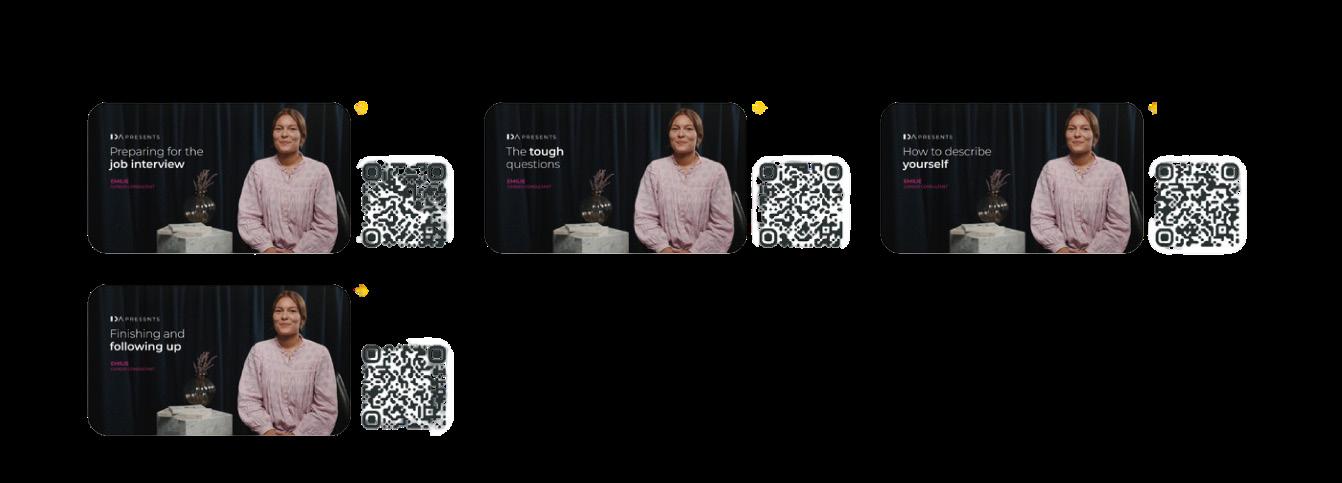
Related videos
Be ready for the job interview. Emilie Lindquist, career consultant at IDA, talks about how you prepare for the job interview, how you tell them about yourself and how you end the interview and follow up
How to get off to a good start in your first job
There are a lot of new things you need to be able to do, understand and adapt to once you’ve started in your first job. How do you get on with your colleagues? What can you use your manager for? How do you decipher unwritten rules at the workplace? Get three tips from a career consultant and much more right here.
How to make sure you get off to a good start
When you’ve just started your new job, it may seem a little overwhelming. New systems, procedures, the alarm clock and canteen procedures. There’s also new colleagues, and they’re also important for how you thrive in your job.
Remember to contact your new colleagues and get to know them
Having good social relationships at work is one of the most important factors for your well-being at work. Remember that most of your colleagues already know each other
and are used to being around each other. They may not always remember that you’re new at the office. Prioritise talking with them at lunch or at the coffee machine, and ask them for their advice on an assignment or ask them what they are working on. It doesn’t have to be more than just small talk.
Social relationships at work are not only nice to have. They form the basis for good collaboration and are therefore crucial for the company to develop. Good relationships with people in different places of the organisation will often give you more professional opportunities. Your social and personal competences are much
more important for your job than you’d probably expected.
THREE TIPS FROM IDA’S CAREER CONSULTANTS
1. Your career – your responsibility: If something doesn’t work for you, you can’t expect others to guess what’s wrong
2. A trusting relationship: Try to establish a trusting relationship with your manager, so that you can talk to the person about what’s going well and what can be improved
3. You’re not in a hurry: Don’t worry. You’ve just started your working life and it’s likely you won’t really find your way for 5-7 years.

Pay attention to whether you’re enjoying work
As a student, you’ve been used to planning and controlling most of your everyday life. Suddenly having to be at the office at specific times can be quite a change. Pay attention to how this is affecting you. How are you feeling as your new life kicks in? Are you drained of energy or full of energy after being with your colleagues? How are you handling the change in your personal freedom and fl exibility? Can you work from home some days,
and do you need to work from home? Or would you rather be at the office all the time?
If you are aware of your needs, it’ll be easier for you to ask your manager for help.
Remember to balance expectations with your manager
Balancing expectations is the key to doing well in a job. So, already during the first few days in your job, make a habit of talking to your manager about
RELATED VIDEOS
what you’re being measured on and the expectations for your development. Regularly discuss the priorities for your tasks, and talk about what you do well and where you can benefit from more practice.
It’s a good idea to look at your tasks and your priorities, so that you’re sure that you’re working on what your manager finds important as well. Try to make sure you discuss this at your first or second meeting with your manager.

Get tips on how to deal with starting in your first job, and how to give yourself the best foundation for a good start by structuring your working day.
Prepare for your first salary negotiation
As a new graduate, your biggest focus will probably be on landing that first job and getting started on your career. But did you know that you can and should negotiate your first
Experience shows that there’s plenty of room for negotiation – you just have to get out of your comfort zone.
As a newcomer to the labour market, it’s quite normal to have a lot of questions relating to salary negotiation. Below we’ll answer some of the questions that many new graduates have before their first salary negotiation.
Why should I negotiate my salary as a new graduate?
Negotiating your salary as a new graduate can be daunting. But your first salary negotiation is very important. It sets the course of your
salary for the rest of your employment. In our experience, having to negotiate a significant increase in your salary later on at an annual salary negotiation is difficult, unless you move up the career ladder or change your job.
Legal adviser at IDA, Kamilla Mortensen, says:
»We hear from many new graduates that they are often just happy and proud to get their first job, and rightly so. But you shouldn’t let your enthusiasm negatively affect your first salary and terms and conditions in general.
We also hear that some new graduates think it’s difficult to ask for
a proper salary because they’re afraid to come across as demanding, but there’s no reason to feel this way.«
Being prepared for a salary talk shows that you have the courage to negotiate, have opinions and that you stand up for yourself. These are usually valued competences in any employee.
»And it’s important to remember that you will not get the salary you deserve but the salary you negotiate. The employer may have an interest in getting your labour as cheaply as possible, but this isn’t necessarily an indication of what the employer is
Average initial salary for new graduates
Initial salary for private-sector employees
Here you can see the initial salary for IDA members broken down by field of study.
BSc in Engineering: 42,307
MSc in Engineering: 44,295
Master of Science: 44,450

willing to pay. The employer also has an interest in landing at the right level to prevent you from leaving again because the salary is too low,« says Kamilla Mortensen. Moreover, a salary negotiation can also be a good exercise in communicating your competences and qualifications, and in making yourself visible. This will not be the last time you negotiate your salary. So, the sooner you get to practice the better.
How do I find out what I’m worth?
The basis for a successful salary negotiation is first and foremost that you have researched salary levels before the salary negotiation, and that you know your value on the labour market. Use the IDA salary calculator to see the salary levels of others with
Initial salary for public-sector employees
Here you can see the initial salary for IDA members employed in the public sector.
Municipality: 39,259
Central government: 36,592
Region: 36,974
similar profiles. Furthermore, it’s worth finding out the average salary increases for new graduates – those can be found in the IDA salary statistics. You can also call Kamilla Mortensen and IDA’s other legal advisers, who will help you prepare for your first salary negotiation.
When do I present my proposal for my salary?
There are no fixed rules for when you can talk salary during the recruitment process. It can be at the first interview, the second interview or perhaps However, regardless of when it is brought up, it’s important that you can give a qualified answer and justify your proposal.
So be prepared with a figure already at the first interview. It would be

SOURCE: IDA SALARY STATISTICS 2023
very unfortunate to begin praktikstillingen ved Innovation Centre Denmark Tel Aviv. A salary negotiation without being prepared and risking proposing something that is either way too low or way too high. Trying to fix it later would just be awkward and unnecessary.
If you’re at your 1st or 2nd interview, the employer will typically ask about your expectations. We recommend that you answer and make your proposal and not just pass the ball back to the employer right away. even when you receive the contract.
How do I present my proposed salary?
If you get the opportunity to make the first move, you’ll get a reference point in the negotiation. It can be important to take the lead in the negotiation. It’s

also more fun if the employer has to spend time negotiating your proposal down rather than you having to work hard to get the employer to raise your salary.
»When you present your proposal, it’s important that you also show that you’re open and ready to negotiate. You can do this by using phrases such as »I had imagined...« or »Looking at the content of the job, I would say....«.
»After you’ve presented your proposal, it’s a good idea to send the ball back to the employer, e.g. by using the phrase: »but of course I’m also very
excited to hear what you had in mind«. Otherwise, you’ll risk the employer just writing something down and leaving you with a feeling of unease because you don’t know whether your proposal matches the employer’s expectations at all. If you know what the employer thinks, it’ll make the salary negotiation much easier for you,« says Kamilla Mortensen. thinking x, so perhaps it’s possible to negotiate
Of course, in some situations the employer will just tell you what they can offer. But just because the employer presents you with a salary, doesn’t mean that you can’t try to negotiate anyway. You just need to
take charge fast and ask whether there’s room for negotiation.
»If the figure from the employer is very low, you can say that »it’s a little lower than what I had in mind. I was or talk a little more about it?« says Kamilla Mortensen.
»Another possibility is that you don’t get to talk about salary during the interviews, and you’re not presented with the salary until you receive the contract. At this stage, it’s still possible to try to negotiate. In this situation, I would recommend that you either call or write to the employer and thank them for the contract, while at the
THE ARTICLE CONTINUES FROM THE PREVIOUS PAGE
same time indicating that you would like to talk about the salary if possible,« says Kamilla Mortensen.
Remember there aren’t any rules for when to negotiate salary in the recruitment process. The most important thing is that you’re prepared for the different situations.
Hold your horses!
Do you know what you’re signing? When the job search has paid off, and you’re about to sign a contract, you need to keep your cool.
We know that it can feel like it’s NOW or never, but it’s not. If the company has decided to offer you the job, you can safely accept the job and tell them that you’d like to discuss your contract with IDA before you sign it.
This is a completely normal proce-
dure and employers are used to this – although they rarely mention it to you. At IDA, we often experience that new graduates don’t come to us to discuss their contract until after they’ve signed it. That’s too late – or at least it makes it very difficult – to contest a ow initial salary or to negotiate better terms and conditions for you.
Therefore: come to us before you sign the contract. IDA’s legal advisers will ensure that your contract meets current legislation, and by keeping your cool, you can also compare your salary with our salary calculator and see what others in similar positions make. It’s frustrating to fi nd out afterwards that you’ve started on a low salary, and the disappointment can be diffi cult to get over, even though you like your job.
RELATED VIDEOS
Send your contract to us at mit ida dk/jura.
Learn how to determine your market value, how to address salary in the job interview, and what to be aware of in your employment contract.


How to stay focused on your development
You have settled in your first job. You know the routines, the tone and the shortcut to the staff cafeteria. Perhaps everything is running smoothly – perhaps some things are not quite right. No matter what, it’s important that you keep an eye on your own development – and know what to do.
You may feel that you’re equipped professionally for your job, but you don’t know how to master social and personal competences. Competences you aren’t trained in or you haven’t needed before.
Perhaps you’re starting to feel insecure: »Am I good enough?« or »Am I the wrong match for this workplace?«. As opposed to student life, recognition and evaluation in working life are not formalised in the form of a grade.
Perhaps boredom sneaks up on you. At university, you were in the fast lane academically, with each semester
filling you with new knowledge and learning in concentrated doses.
Keep an eye on your development
Working life does not have the same rhythm with semesters, exams, assignments and curriculum, nor does it have systematic evaluation in the form of grades. The feeling of becoming professionally more skilled can disappear in working life. You’re responsible for keeping an eye on your own development and for identifying the competences you would benefit from training or acquiring. For example, use feedback from your manager and
your colleagues or think about where you want to go in your career.
Keep an eye on your professional development by writing down your tasks and results every three months. Most development takes place in everyday life when you are doing your job learning from other colleagues.
Sanne Mattebjerg, IDA career consultant, says that it’s a good idea to look closer at your personal and social competences. How do you experience your collaboration with your colleagues? Are there situations in which you feel insecure or neglected,

or feel that others are keeping you at a distance? Personal and social competences often cause the biggest challenges for new graduates in their first job. Therefore, training such competences is just as important as practicing professional competences.«
What gives you energy?
Look at how you have developed and note all the new things you have learned. Are there tasks that give you energy and other that drain your energy? Think about what makes some tasks drain your energy – is it the task itself or is it the colleagues you’re working with on a task? What competences will you need to train or acquire to meet what’s expected of you in relation to your tasks or goals? These are the competences
you need to focus on, and there are many ways to acquire them.
»For example, find a colleague or a friend who is good at what you need – this could be both professionally and personally. Ask if they’ll tell you how they do it – or observe what they do and try doing the same,« explains Sanne Mattebjerg. If your development points need more time, have great influence on how you perform tasks or on your well-being, it’s a good idea to talk to your boss.
How to ask for continuing training
Most new graduates find it difficult to talk to their manager about continuing training. It’s a good idea to start the positive and open dialogue with your
boss early in your employment. Tell your manager about specific situations you think are difficult and where you feel inadequate. Use this as a basis to talk about your wishes for continuing training.
How to ask your boss for continuing training
When you can see what you need to improve professionally and personally, it’s time to talk to your boss. Sanne Mattebjerg has some tips for the talk:
1. Take outset in the company’s needs and opportunities
You’re given time and money for a course because it adds value to the company. You should therefore take outset in the company’s needs and
opportunities to develop and grow. This shows that you have business sense. It’s a good idea to talk about the link between your competence development and the department’s development.
2. Describe your request for competence development as a need for training
Perhaps you feel insecure talking about your lack of personal competences, e.g. communication skills, network, presentation techniques, because it can seem like there’s something wrong with you. It’s important to remember that these are competences that need to be learned and trained, just like academic competences were trained at university. Therefore, it’s good to use the word »training« to describe your need.
3. Be honest about your need for challenges
If you feel that you’re not developing already during the fi rst few years in the job and you need challenges, be
honest about this with your manager. She knows that you won’t thrive as an employee if you’re bored and that being »bored out« is just as harmful as being »burned out«.
4. Be ready with a specific plan
Be ready to present information on a specific course or programme. It’s easier to make a decision if your boss knows the content, price, duration and date of the course. Also, be ready with specific suggestions on how your tasks can be done or postponed while you’re undergoing training. Do not promise too much while you are on your course and be careful not to suggest that you can put in the same amount of work at the same time, because then you risk overburdening yourself.
5. Be prepared for your boss to have plans for you
»Before you talk to your manager, think through what you’ll do if your manager has another plan for your development than you do, and perhaps even
RELATED VIDEOS
proposes a specific course for you. Be open and ask questions about your manager’s plans, but think about what you want and perhaps ask for time to think about it and agree to talk again a week later. For example, it’s OK to politely say no to continuing training as a project manager in the first couple of years of your working life and saying that you’d be happy to talk about it again when you’re more experienced in the company.«
Finally, Sanne Mattebjerg stresses that competence development should be an ongoing dialogue with your manager and not just one conversation where you hope to establish an agreement on continuing training. This dialogue is most important for your well-being and development in working life.

IDA’s competence development counsellors, Lasse Dallerup and Hui Rose Moth, talk about competence development, how to ask your boss for continuing training, and why it’s a good idea to think about this from the start.
Udveksling i Berlin og praktik hos Belfry Medical
Emilie Bracht Nielsen
Diplomingeniørstuderende i sundhedsteknologi
Jeg elsker at rejse, og jeg har altid drømt om at lære tysk flydende. Da jeg startede mit udvekslingssemester på Technische Universität Berlin vidste jeg hurtigt, at jeg ikke var klar til at tage hjem igen allerede efter et semester. Jeg besluttede også at søge efter praktik i Berlin! Jeg var så heldig at finde praktiksted hos Belfry Medical. Belfry Medical er en startupvirksomhed, som er ved at udvikle et medicinsk udstyr, der skal hjælpe med at præcisere dosering af cannabis via en inhalator og en tilhørende app. Belfry består at et lille team på godt 10 personer, som arbejder tæt sammen i udviklingen af det banebrydende medicinske udstyr. Jeg blev ansat som Q&A praktikant, hvilket betyder, at jeg arbejder med deres kvalitetssikring. Når man udvikler et medicinsk udstyr, er der en masse lovgivning og standarder, man skal følge for at sikre fuldstændig pålidelige produkter hele udviklingsforløbet igennem, og det er derfor afgørende at have et velfungerende kvalitetsledelsessystem i en virksomhed. Mine opgaver har været meget alsidige, og jeg har både haft ansvar for at rette i kvalitetsledelsessystemet, undersøge lovgivning for at assistere ingeniørernes

beslutninger vedrørende videreudvikling af udstyret og hjulpet med overgangen til et elektrisk kvalitetsledelsessystem. Ikke nok med det, har praktikstedet været meget åbne for, at jeg kunne arbejde med andre områder indenfor virksomheden og deltage i vigtige møder med forskellige leverandører. Gennem hele praktikforløbet har jeg følt, at min mening var vigtig, og at jeg er blevet hørt. Jeg glæder mig til at fortsætte samarbejdet med Belfry hjemme fra Danmark, da jeg skal skrive bachelor med dem efter sommerferien.
Forlænget udvekslingsophold i Schweiz
Ida Schiødte Overgaard
Bachelorstuderende i kemi og teknologi
Jeg læser Kemi og Teknologi på DTU på 6. semester. I efteråret 2022 på mit 5. semester tog jeg på udveksling på EPFL i Lausanne i Schweiz. Jeg ville gerne til Lausanne da jeg ville forbedre mit fransk, følge nogle spændende kurser samt opleve de schweiziske bjerge. Jeg skulle læse på EPFL fra slut august til slut januar. Mit ophold startede med et 3-ugers franskkursus før selve semestret startede og jeg faldt hurtig til i Lausanne. Efter en måneds tid fandt jeg ud af, at jeg gerne ville blive længere end kun et semester i Schweiz, da et semester var for kort tid til mig og jeg gerne vil blive i Schweiz i et længere stykke tid. Jeg var blevet rigtig glad for at vandre og have mødt mange andre udvekslingsstuderende, som skulle blive i Lausanne i to semestre. Ansøgningsfristen for at ansøge om udvekslingssemestret i foråret havde passeret så jeg troede ikke at det var muligt for mig at blive. Heldigvis havde DTU nogle ekstra udvekslingspladser til forårssemestret og EPFL havde ikke noget imod at jeg forlængede mit ophold, så jeg havde mulighed for at læse to semestre i Lausanne. Jeg har været rigtig glad for mine to semestre i Lausanne idet jeg kunne stå meget på ski, gå på mange vandreture og følge flere kurs-

er på EPFL. Det har været meget spændende at følge kurser på et andet universitet og møde studerende fra andre lande. Det faglige niveau var højt på EPFL og kurserne er kun på 2-4 ECTS, så jeg skulle følge en del flere kurser end på DTU. Idet jeg kun tog omkring 20-22 ECTS hvert semester var det dog overskueligt for mig. Jeg kan i hvert fald anbefale at tage på udveksling enten et eller to semestre.

Kickstart your career with an online CV on Jobindex
When your CV is searchable on Jobindex, you might be approached for positions early in the process when there is a match.
Every month we contact at least 70,000 people based on their CV. Let us contact you too, it’s easy ->

Photos:
Akademikernes A-kasse
Peter Scheele & Co: 38-41
Additional photos: Stock.adobe.com
Special thanks:
Line Randa, career counsellor, Aalborg University
DTU Skylab
Therese Waltersdorff
Nina Bech-Andersen
Peter Scheele
Emilie Brancht Nielsen
Ida Schiødte Overgaard
BEST
Jobindex
DTU Alumni
Chat GPT
DSE Aalborg
Fibigerstræde 15, 1.111
DSE Lyngby
Anker Engelunds Vej 1, DTU bldg. 101E 9220 Aalborg Ø 2800 Kgs. Lyngby
Editor in Chief :
Chief Graphic Designer:
The Pejling Committee (Editors):
Martin Refsgaard Mouridsen
Trine Tørnæs Rasmussen
Huong Nguyen
Julie Bjerre Paulsen
Maja Søholm Eskelund
Sebastian Skandbo Sørensen
Sofus Filipsen
Per Josef Theodor Kakulidis
Thomas Ochelka
Journalists:
Hakan Kosar/Mona Bjørn, AAU Innovation
Lykke Kragh Ellefsen, AAU Career
Pejling is published by Students’ Business Relations (DSE) and is revised twice a year (Spring and Fall).

